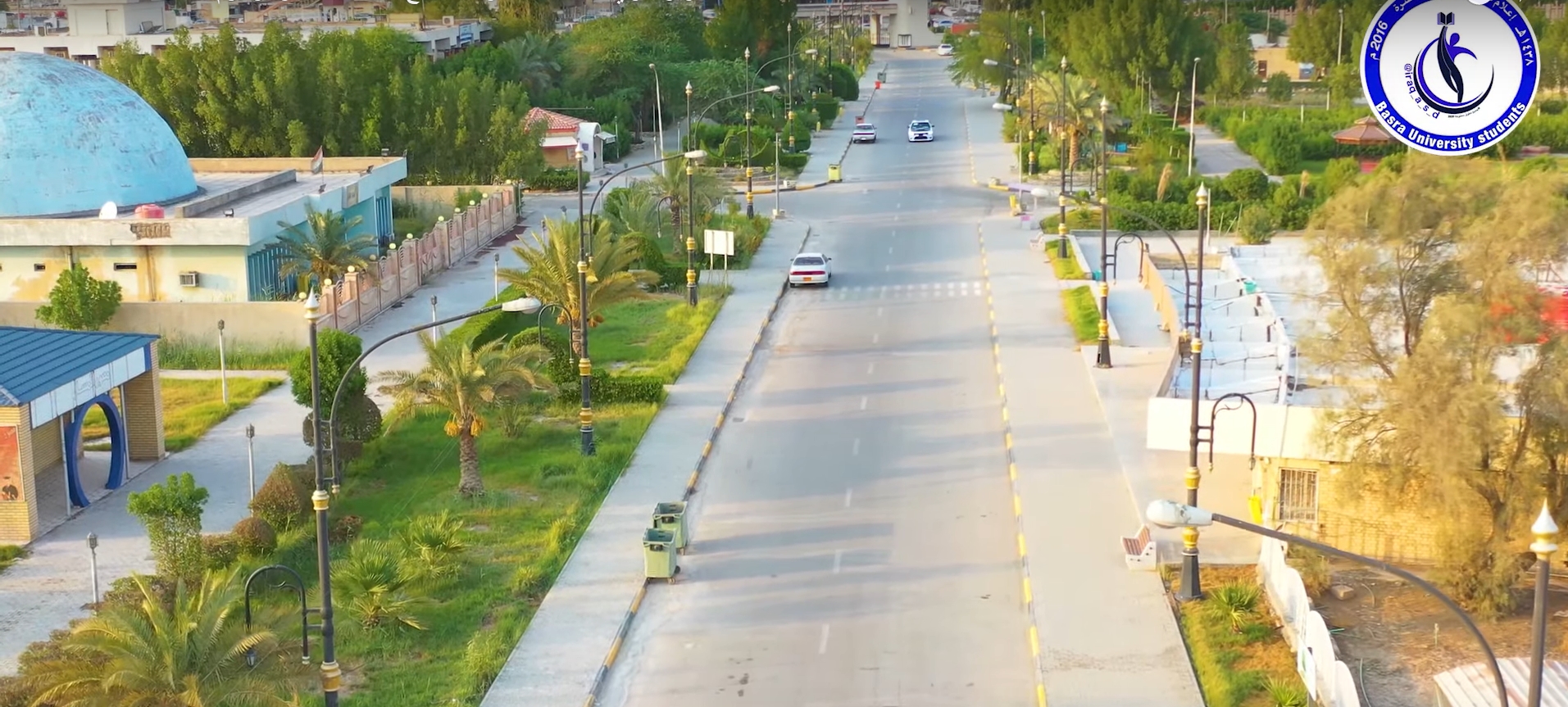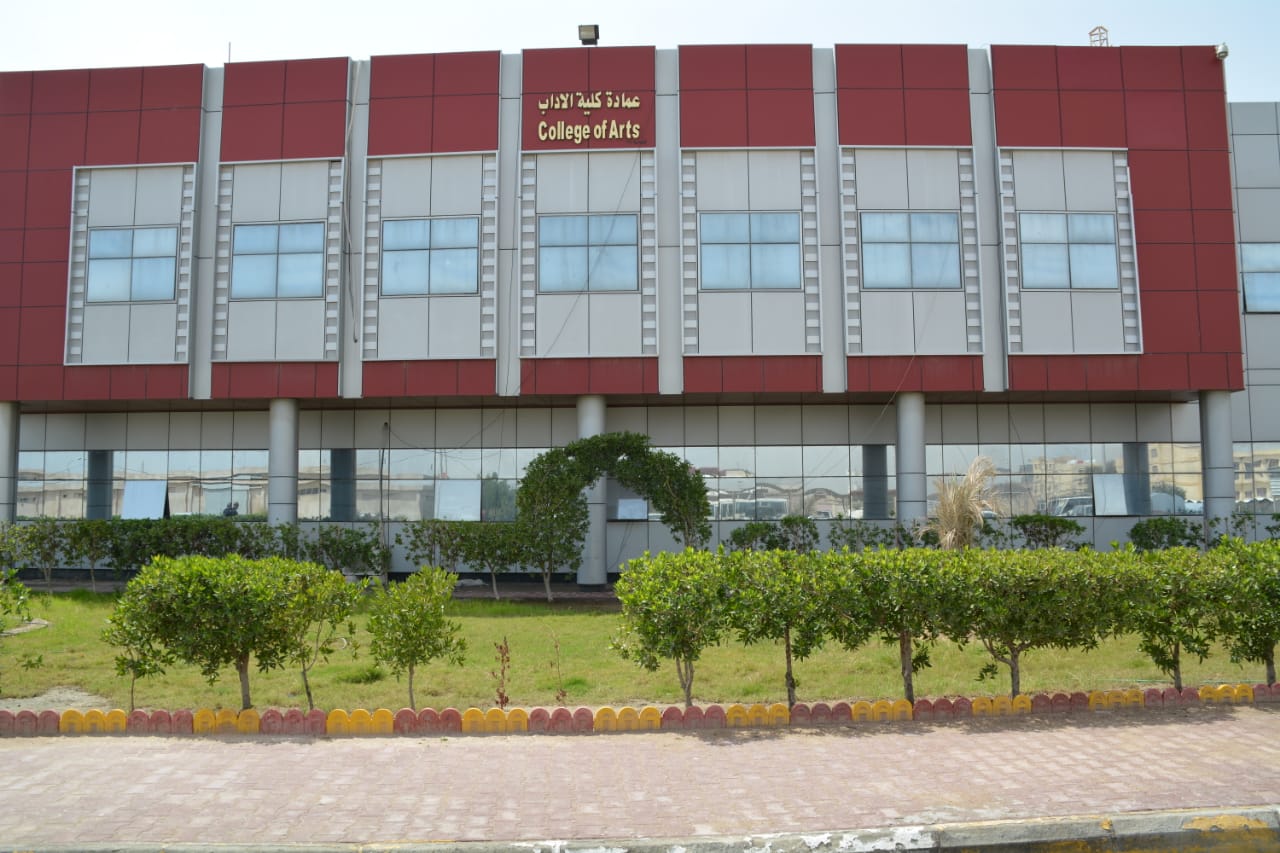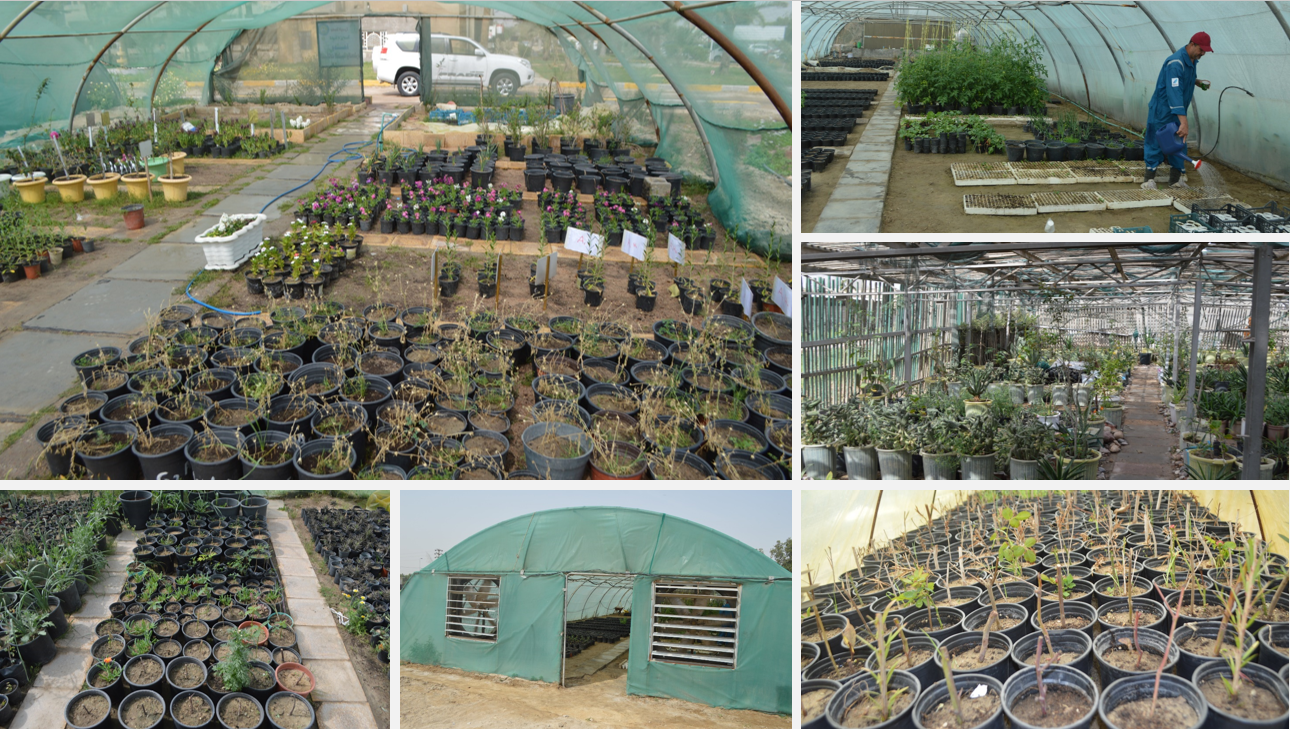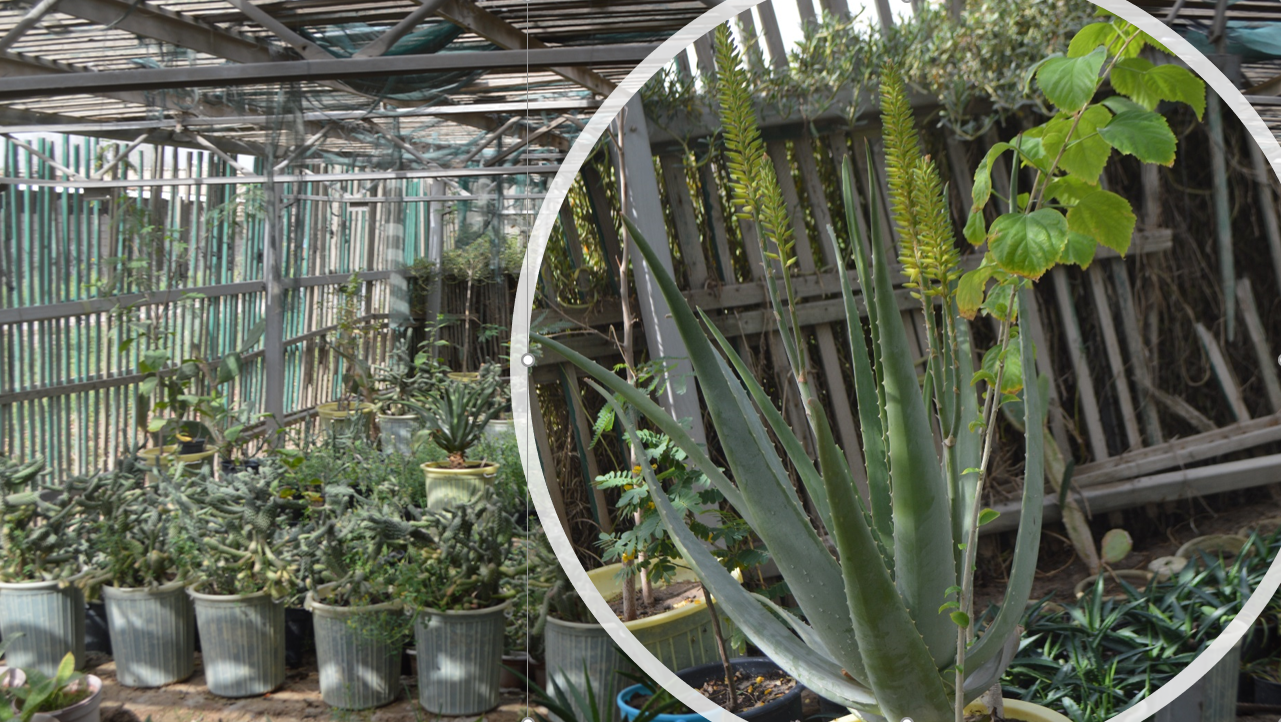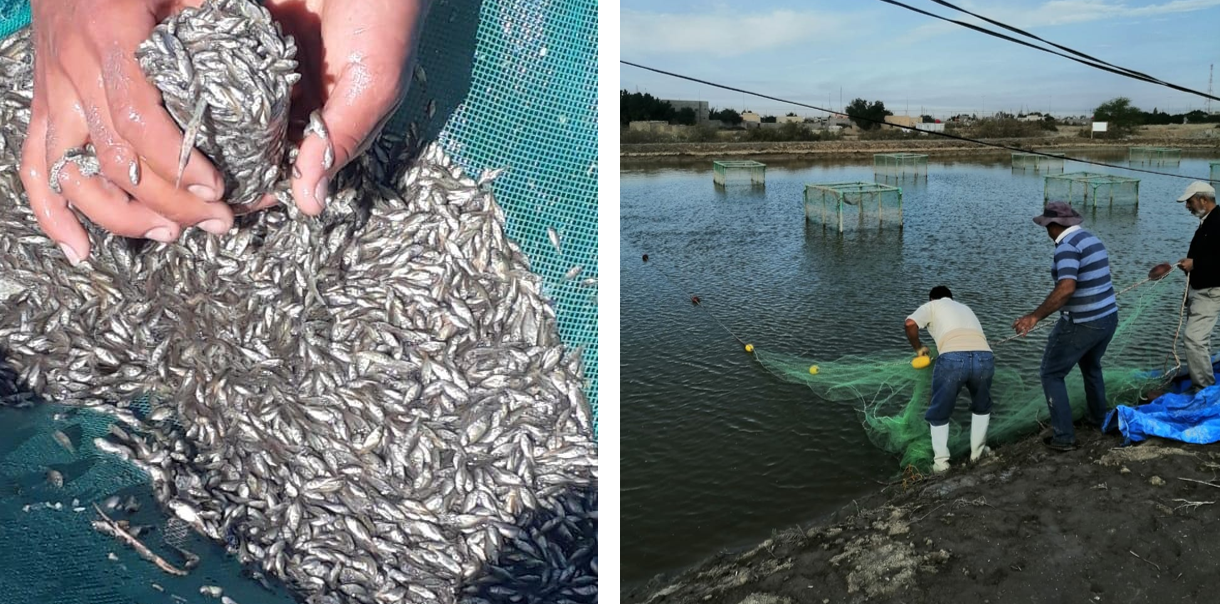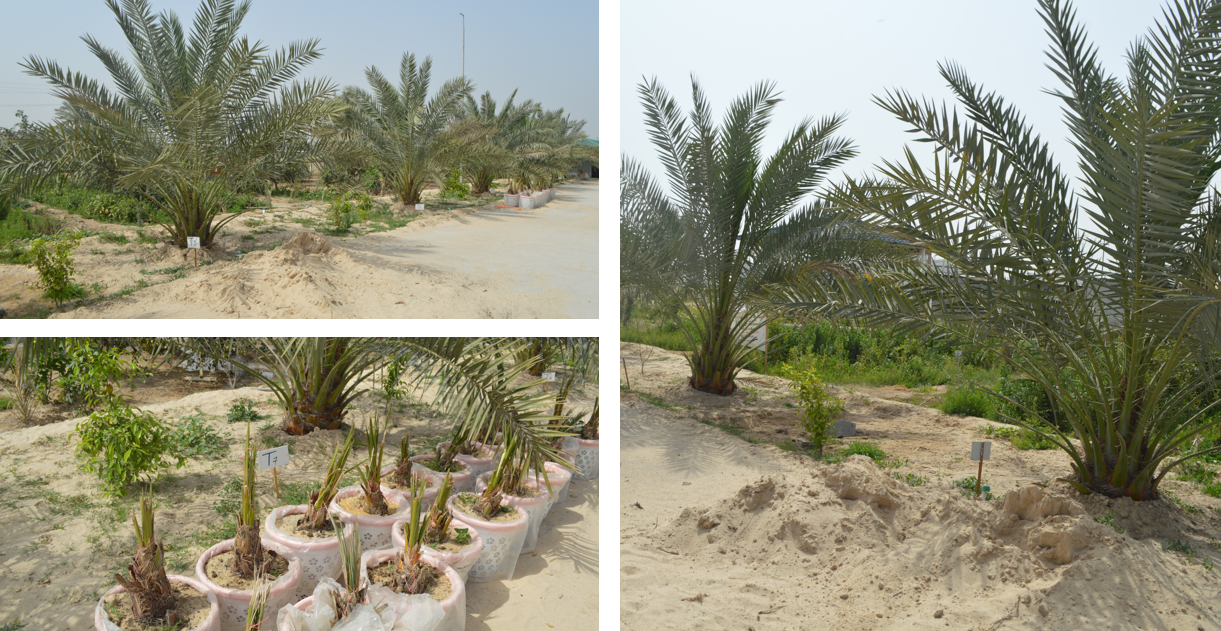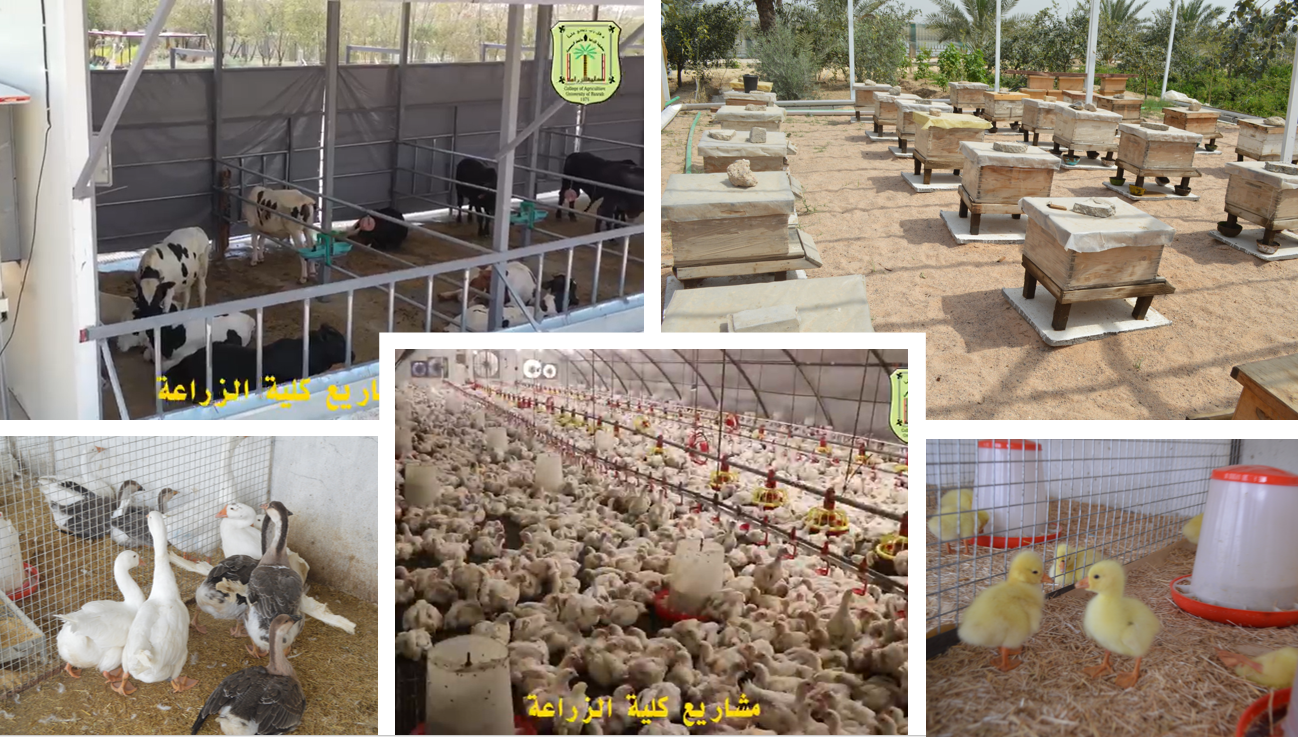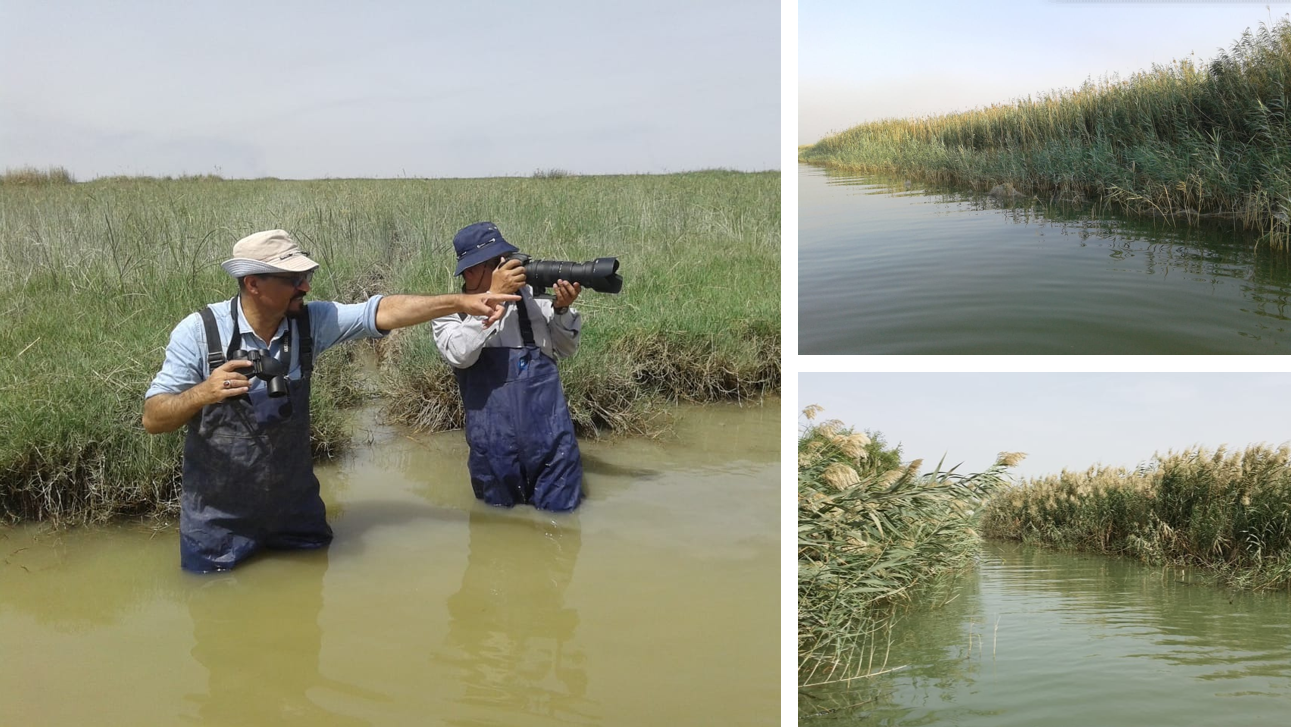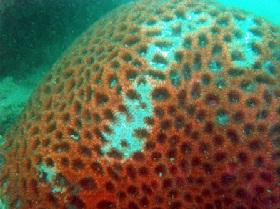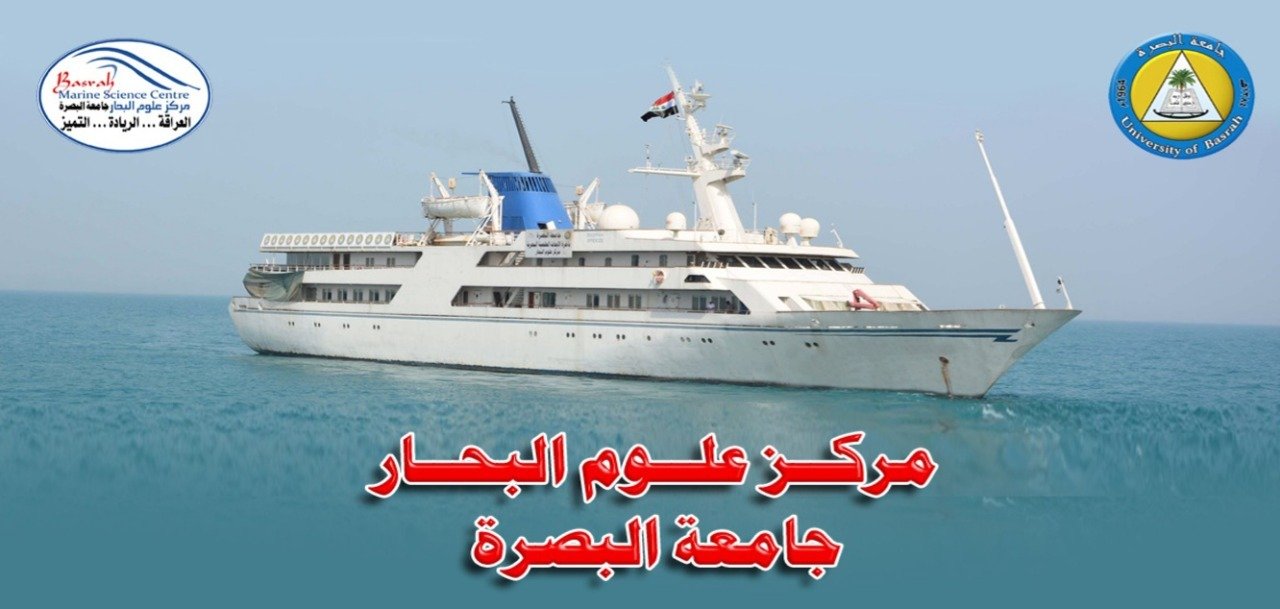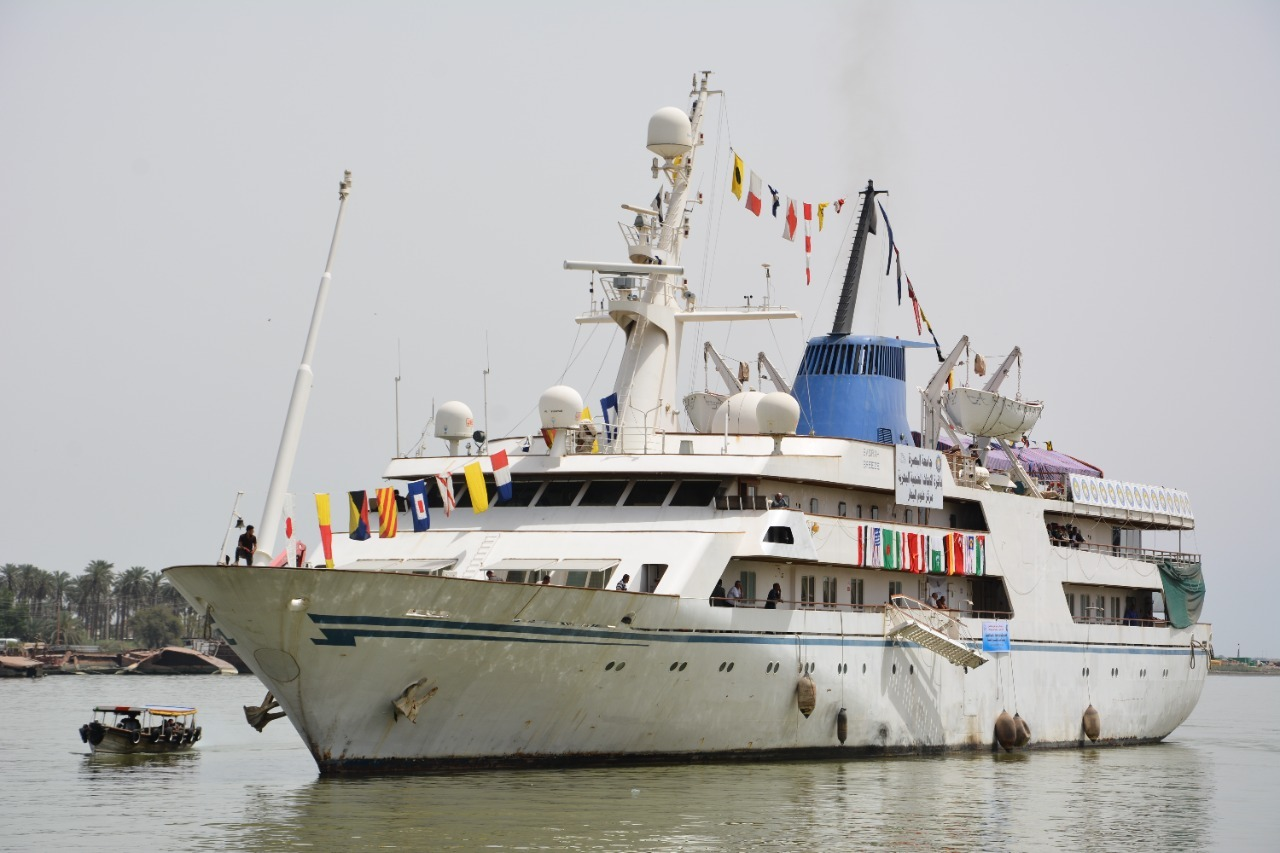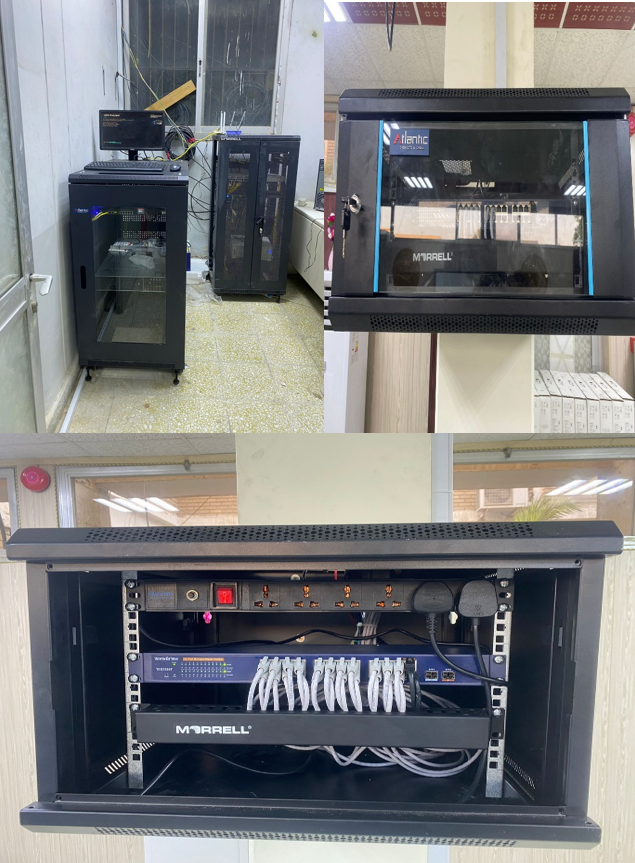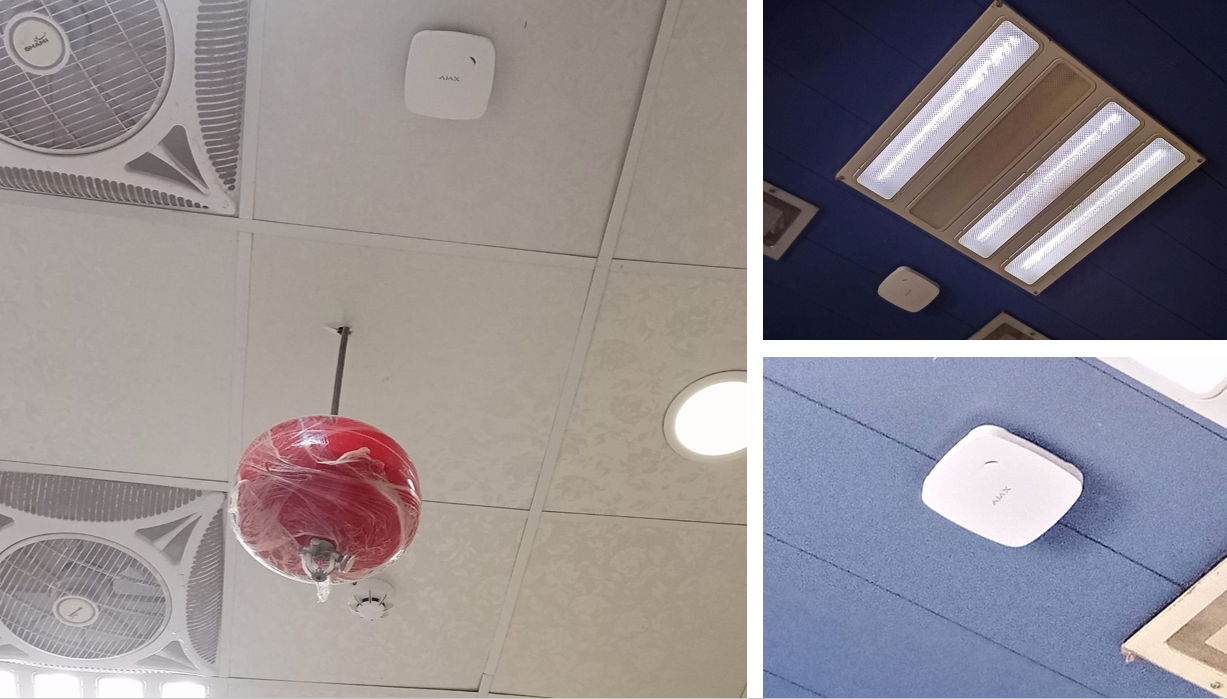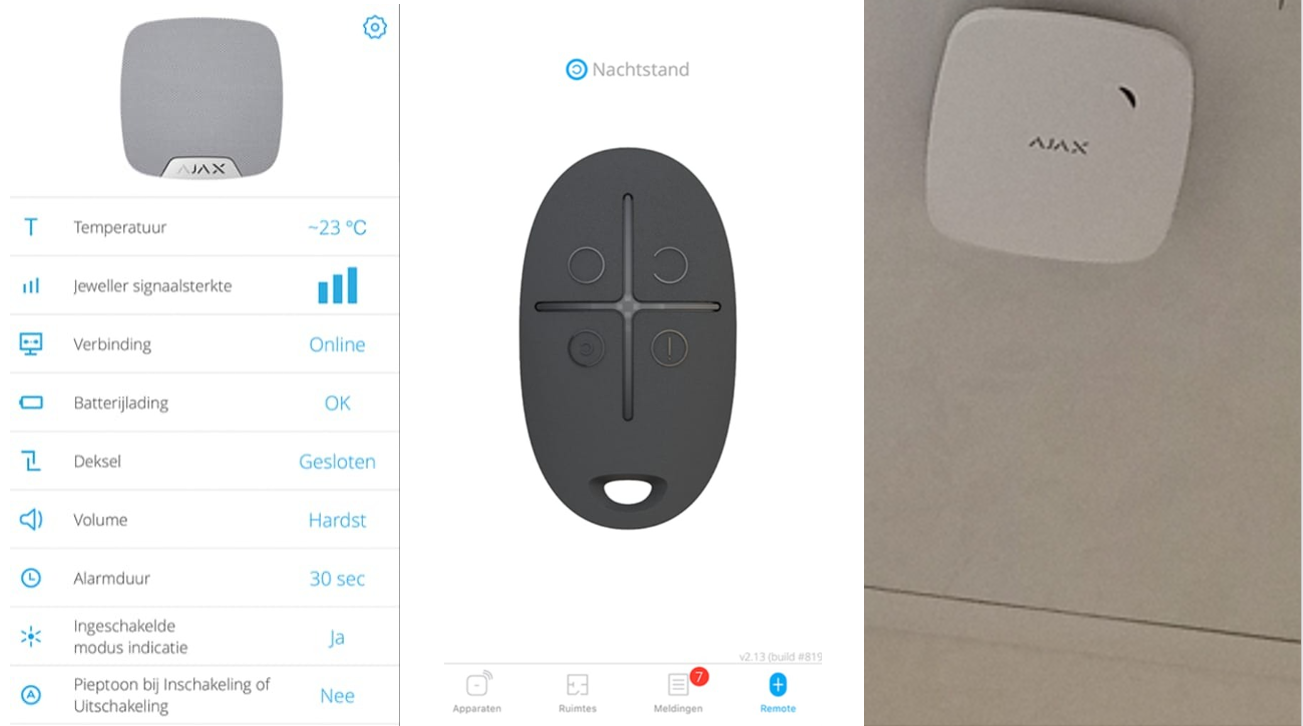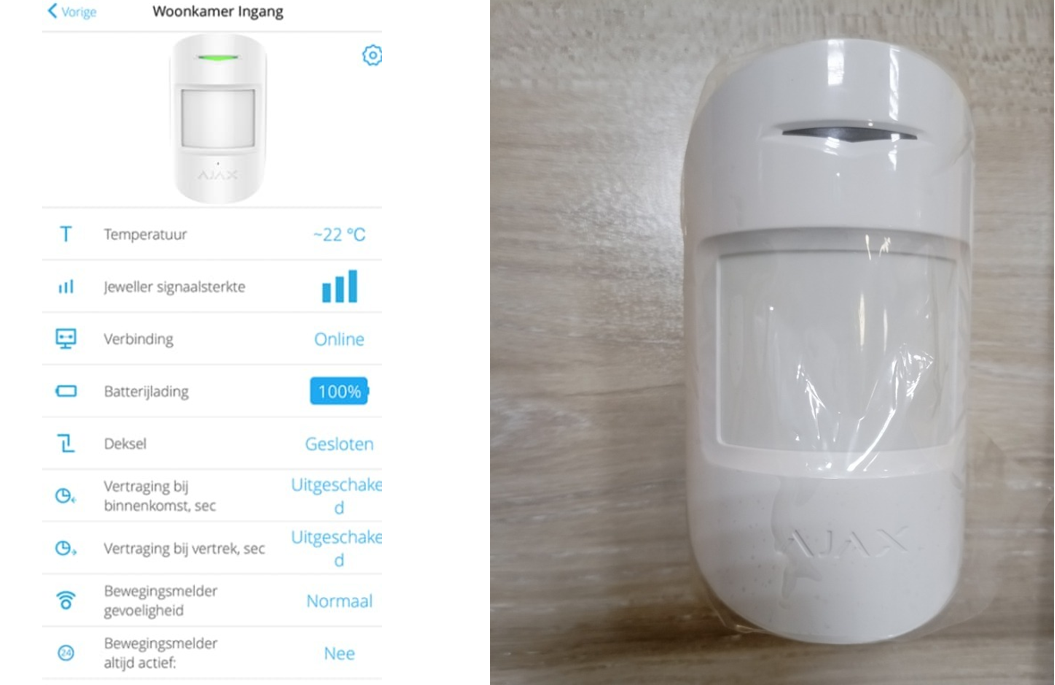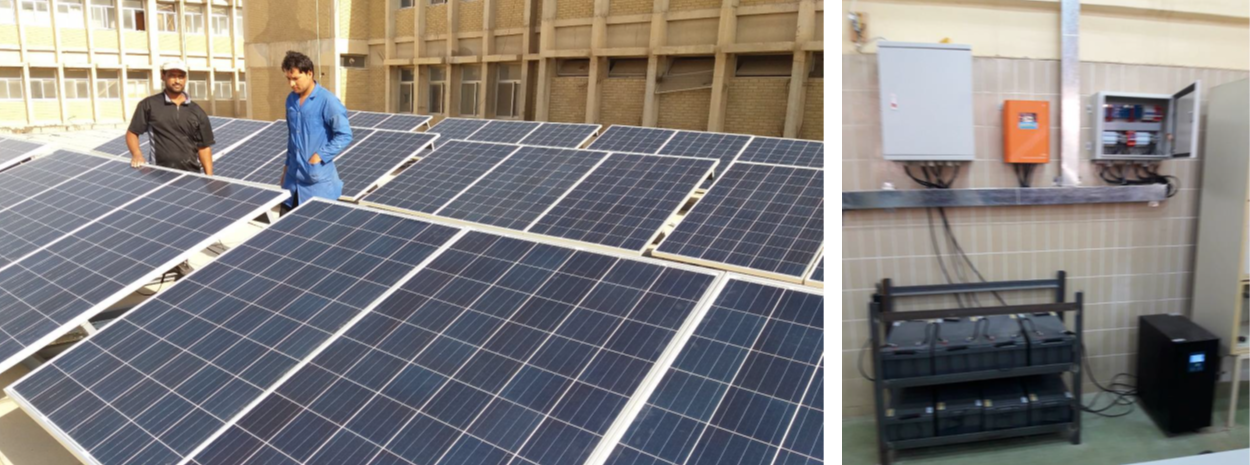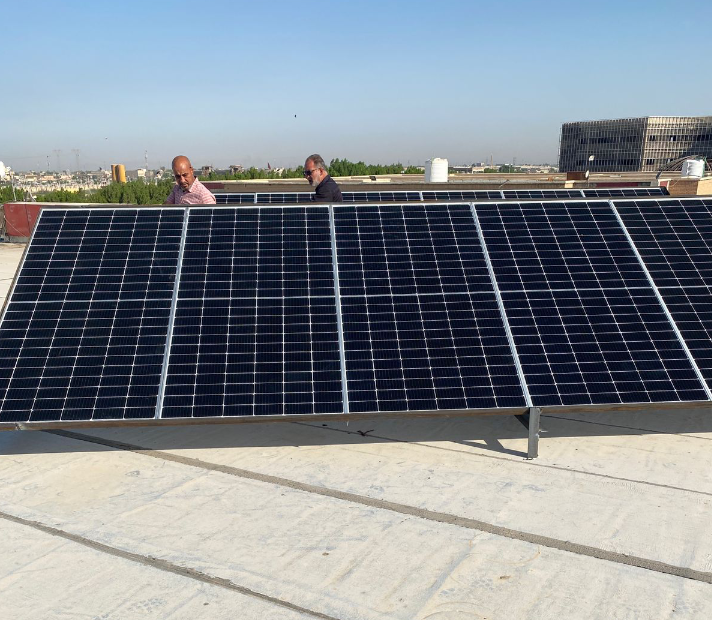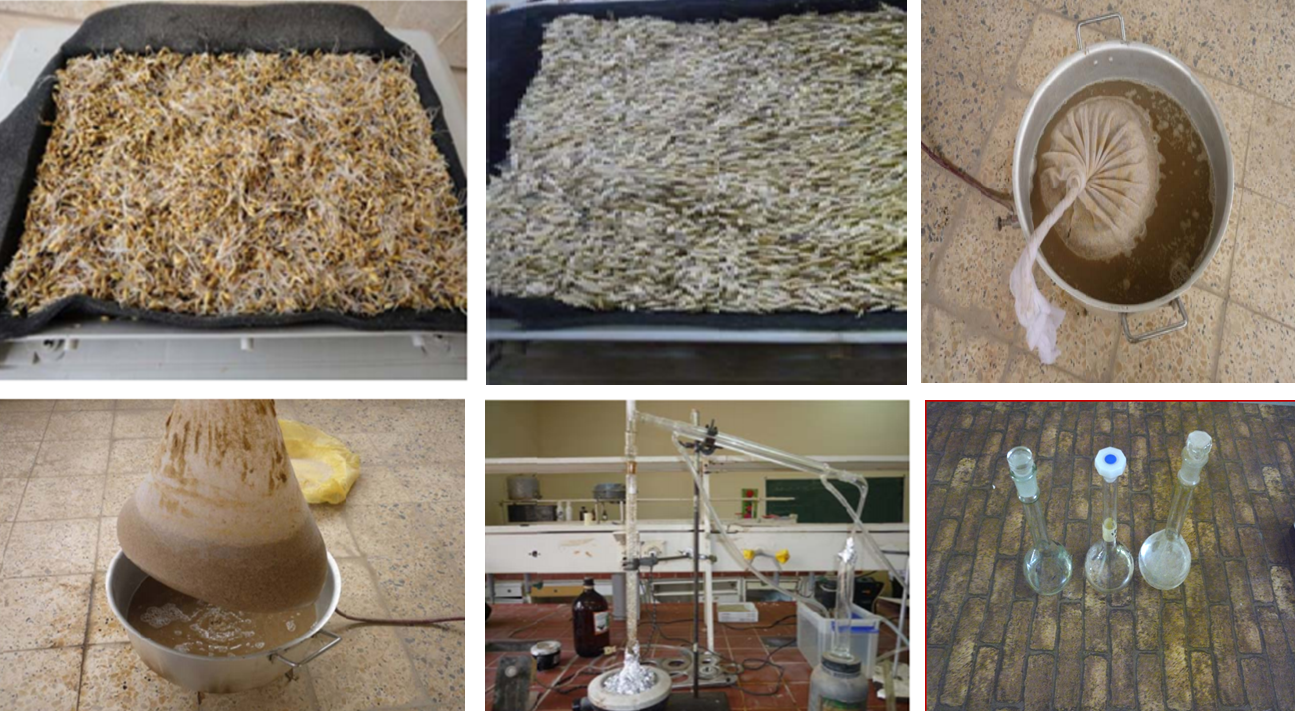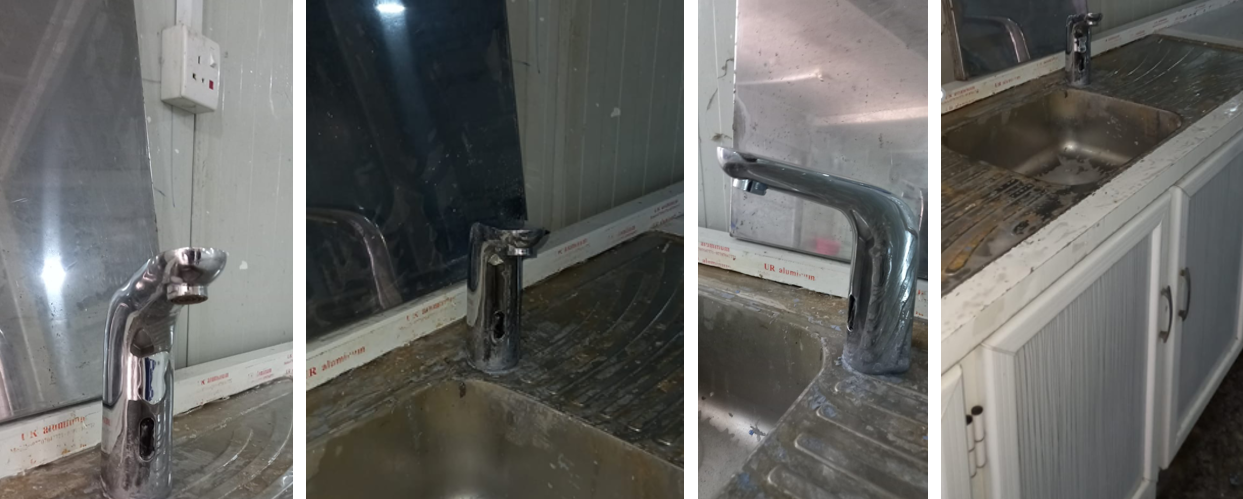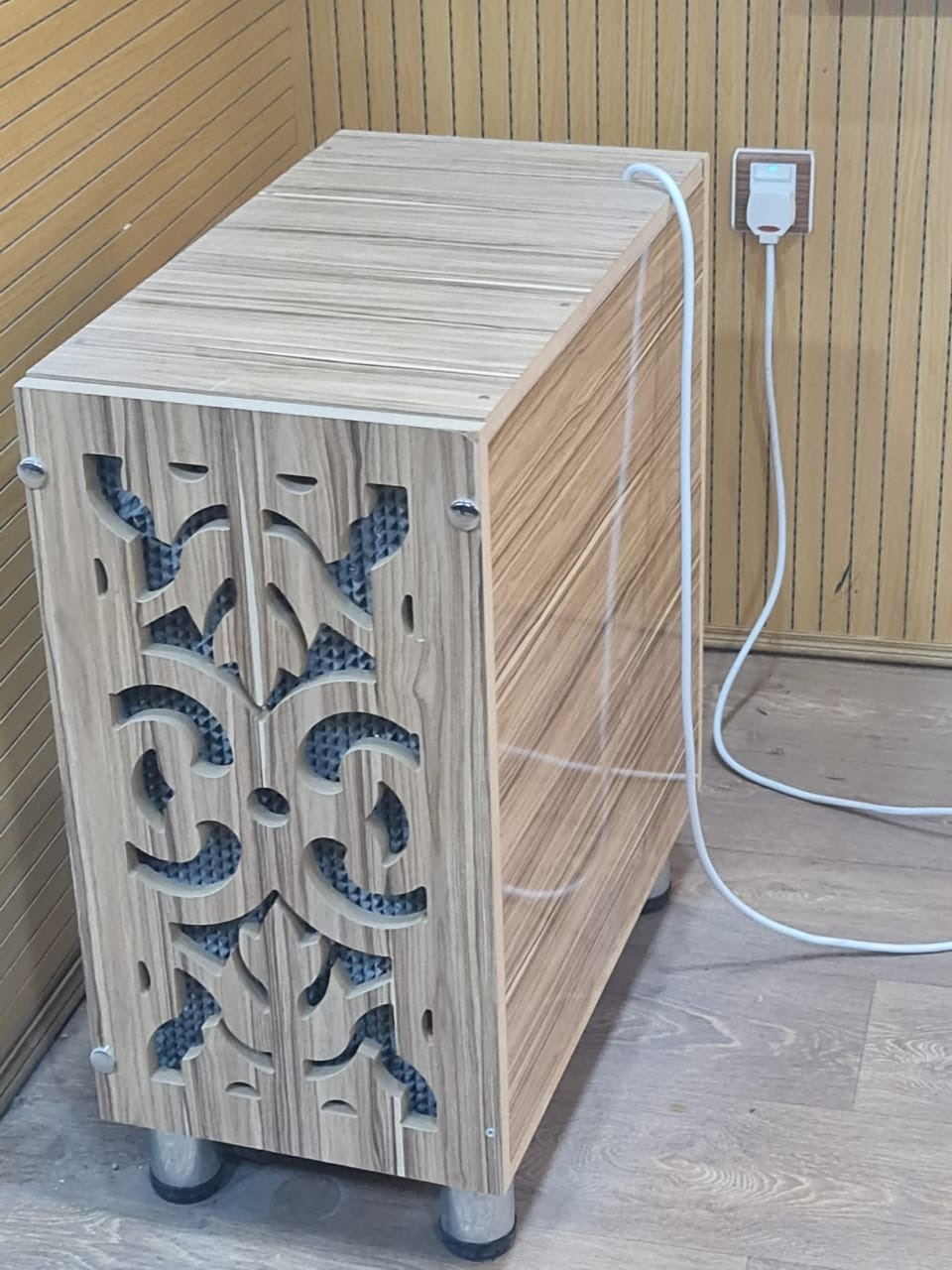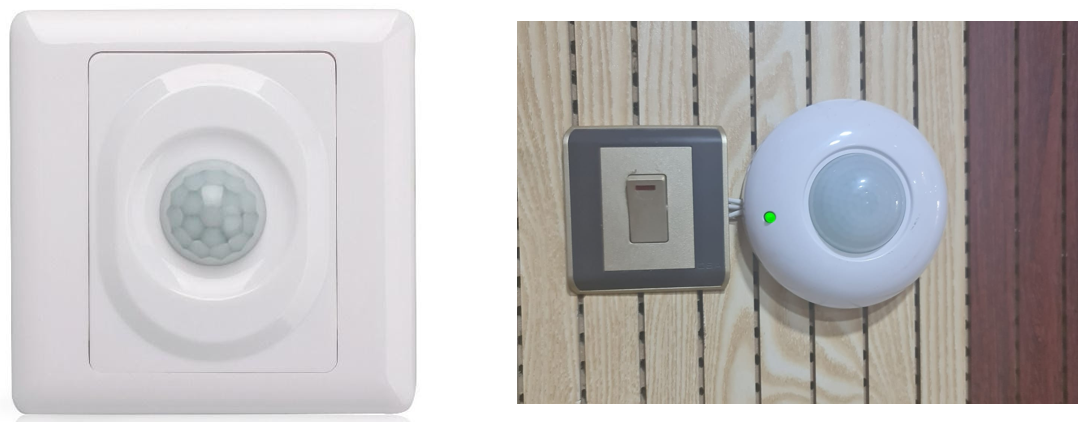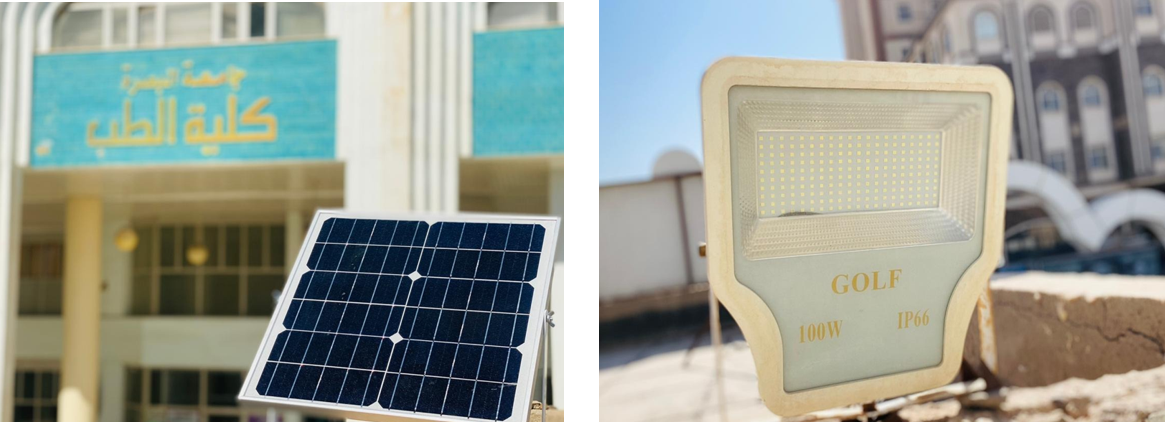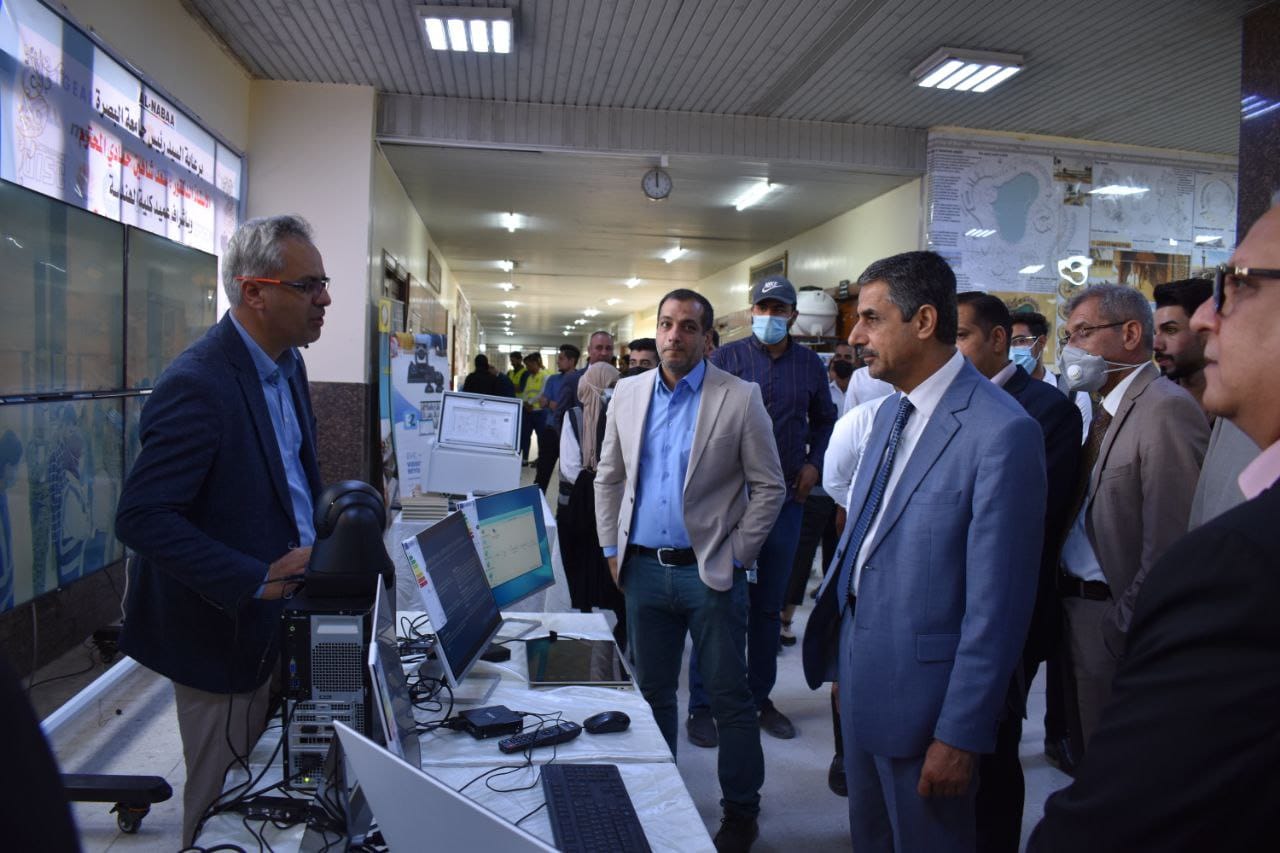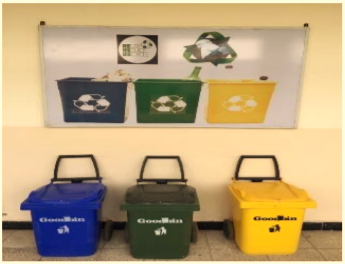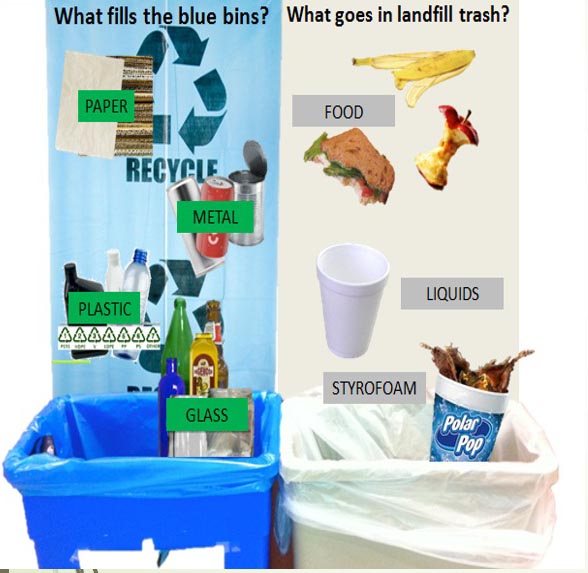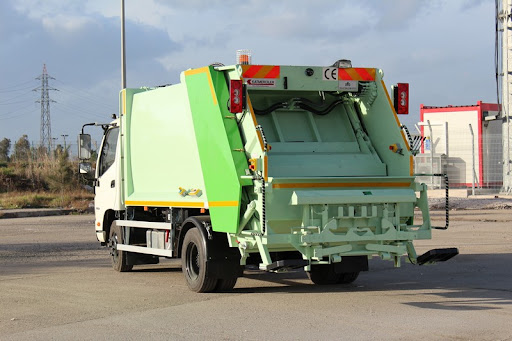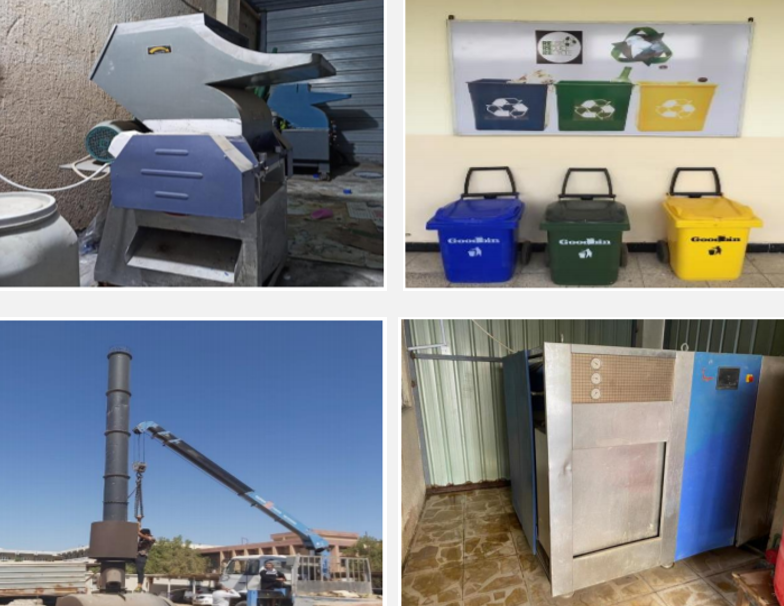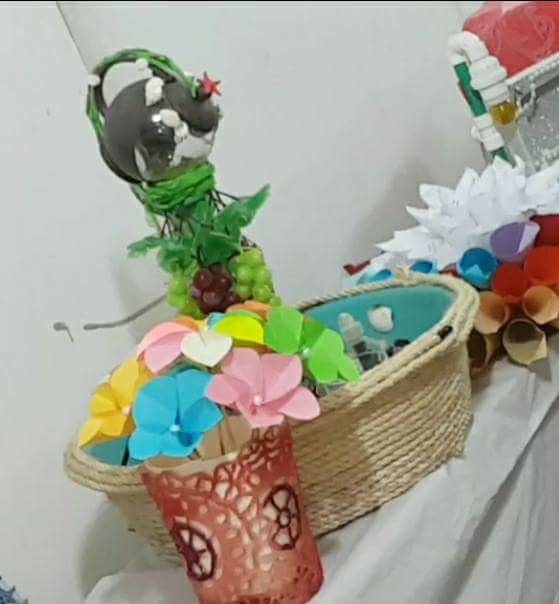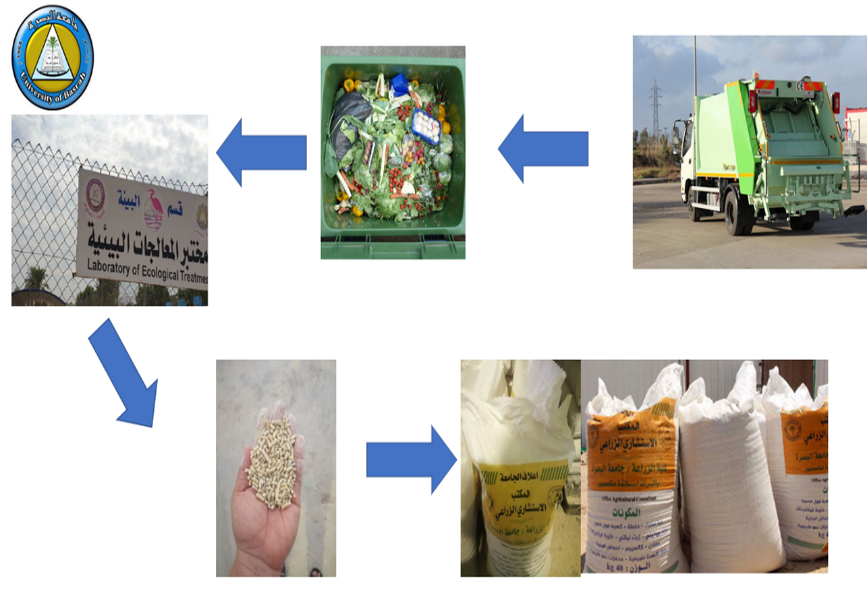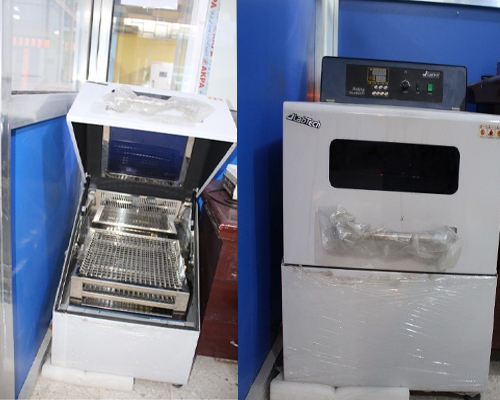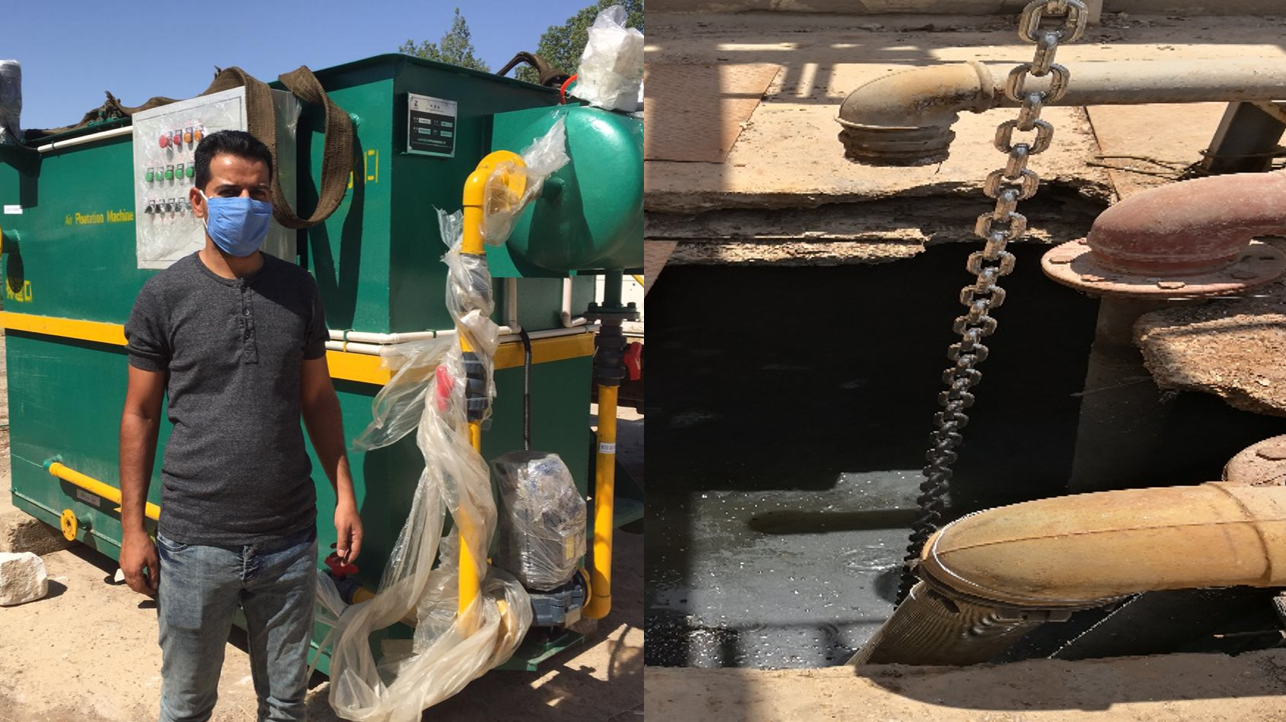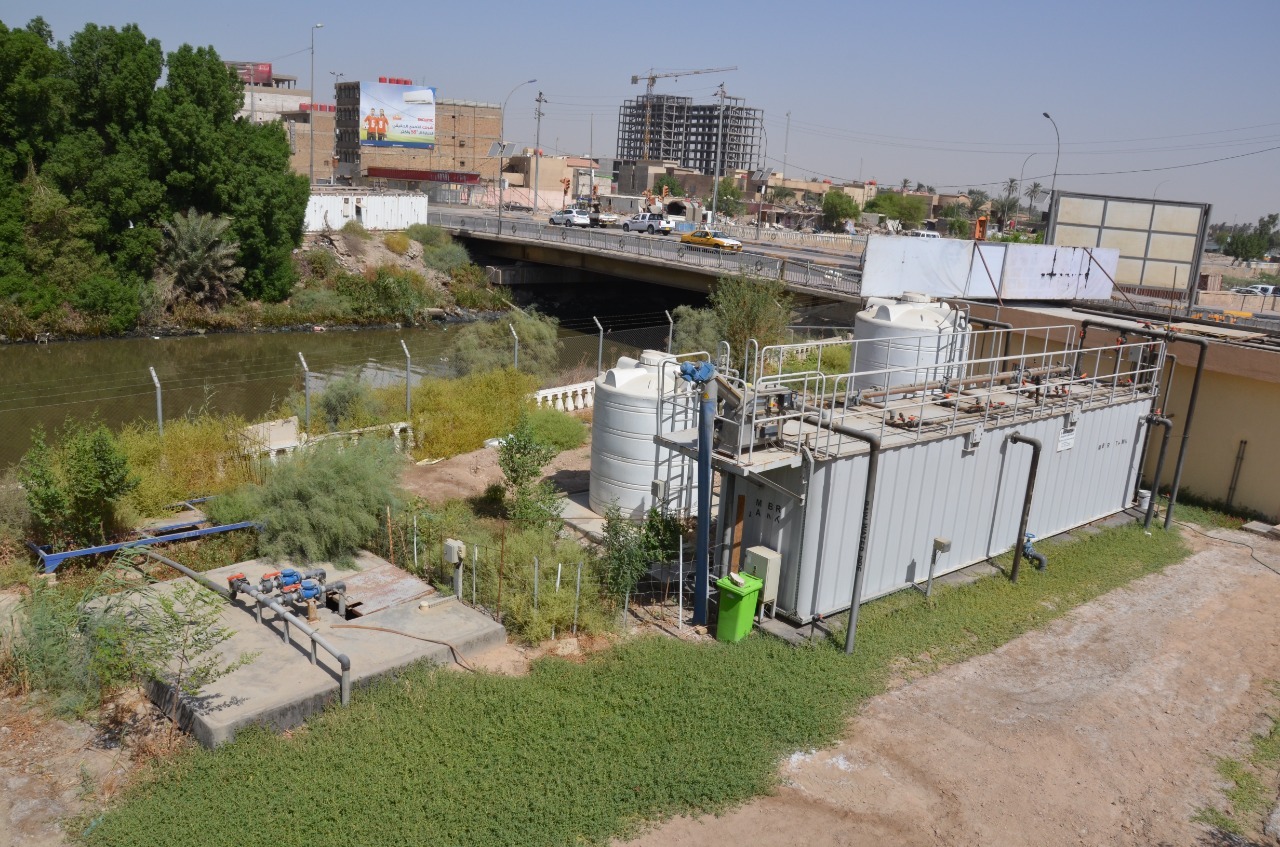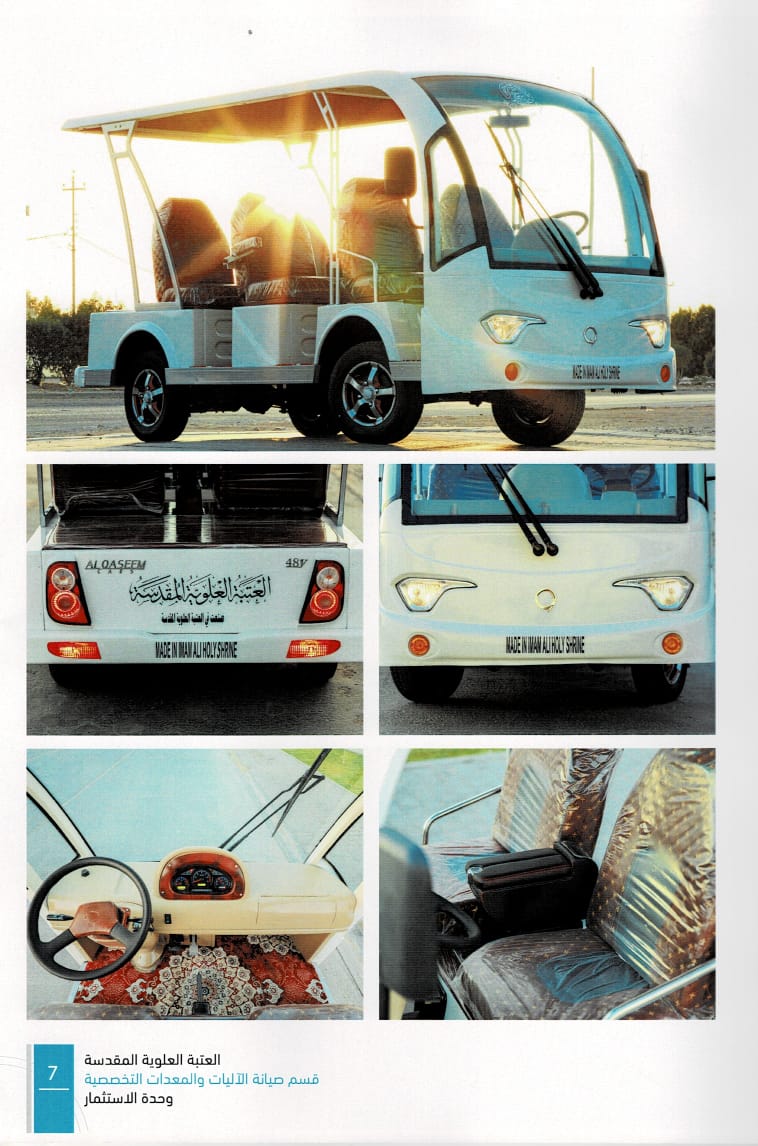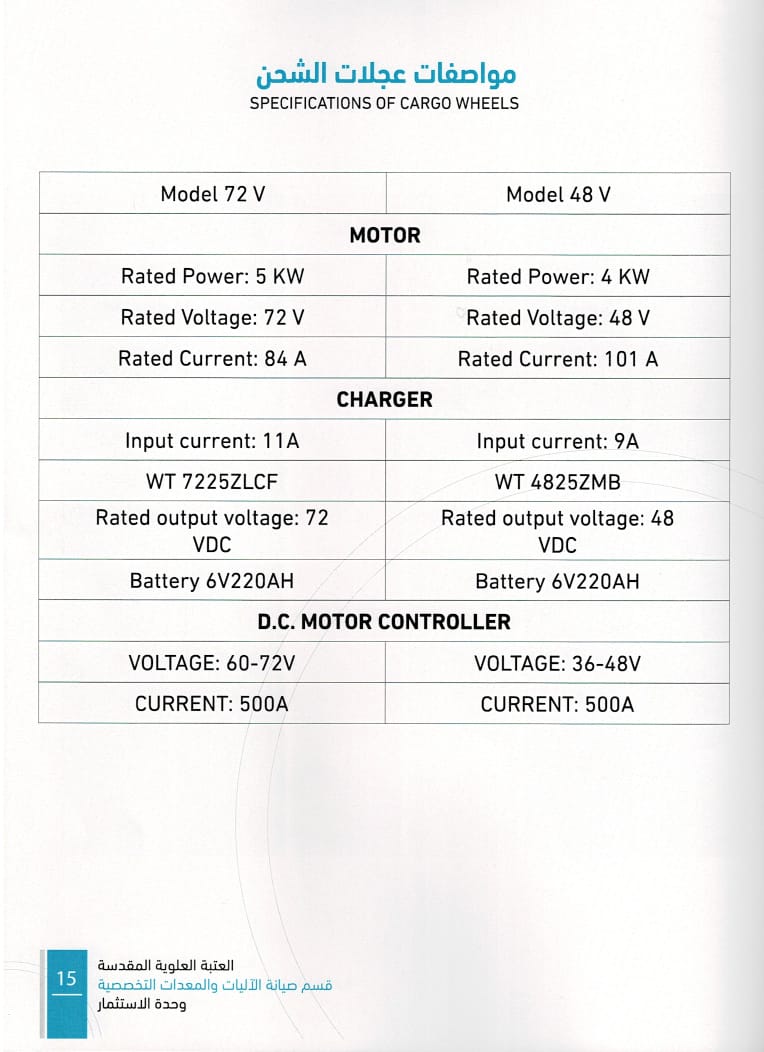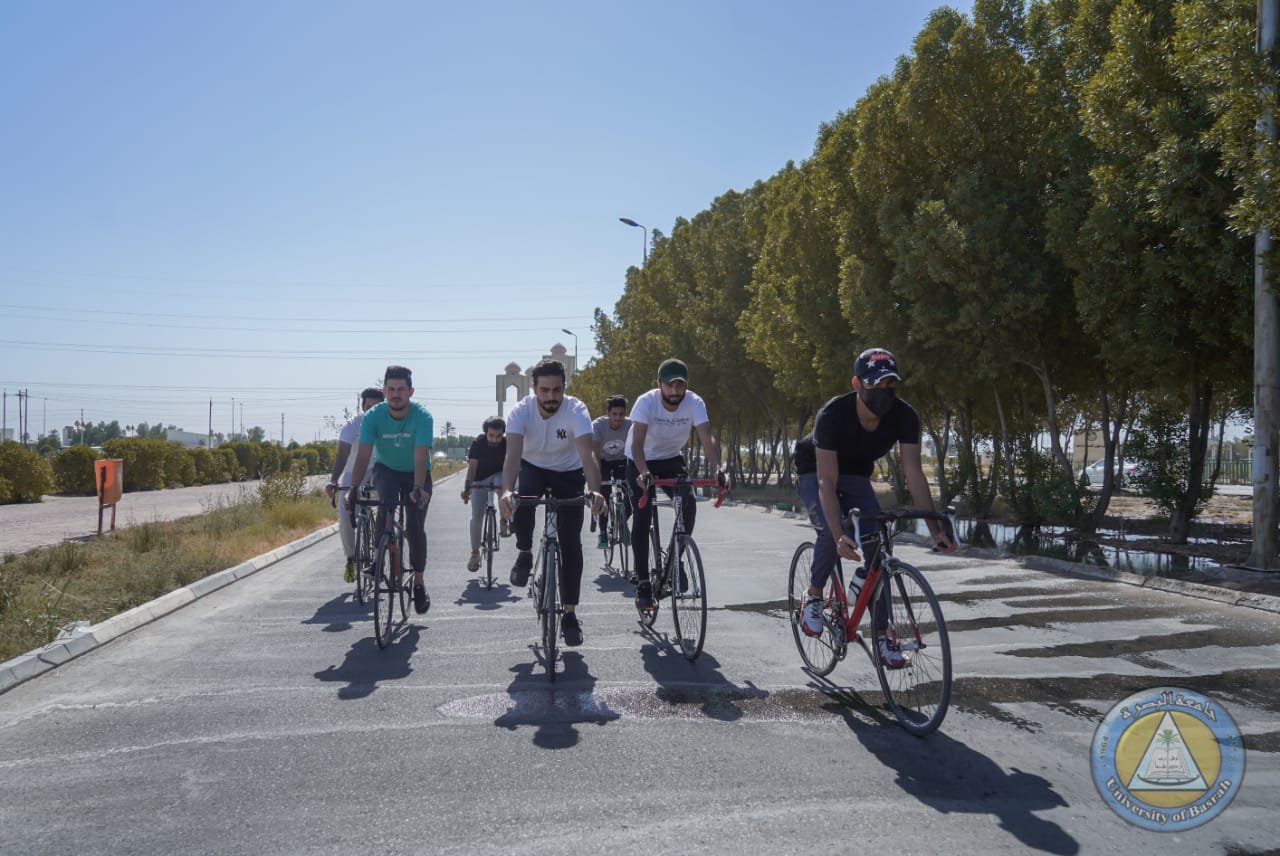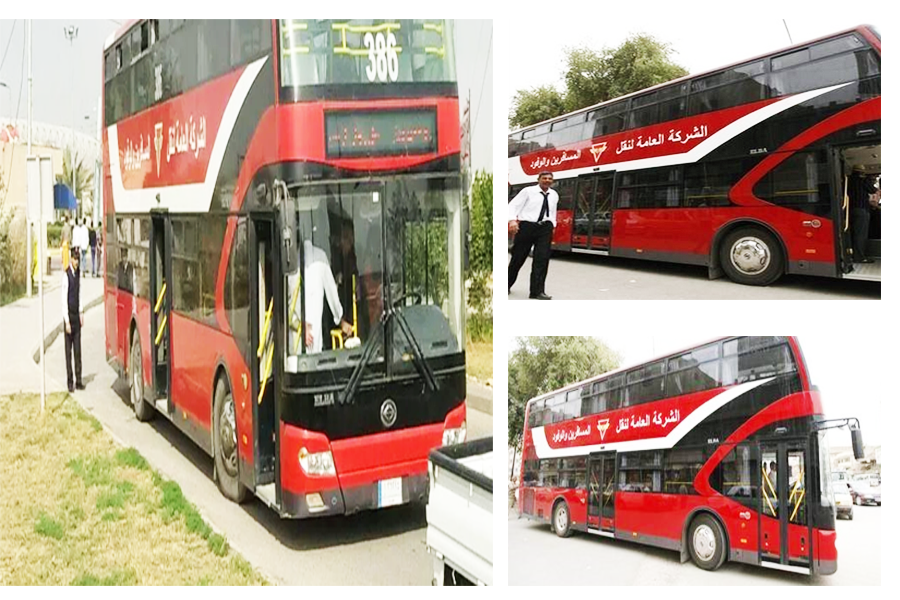Take Urgent Action to Combat Climate Change & Its Impacts
Scopes of Carbon Neutral
1. Extending the Green Areas of the University.
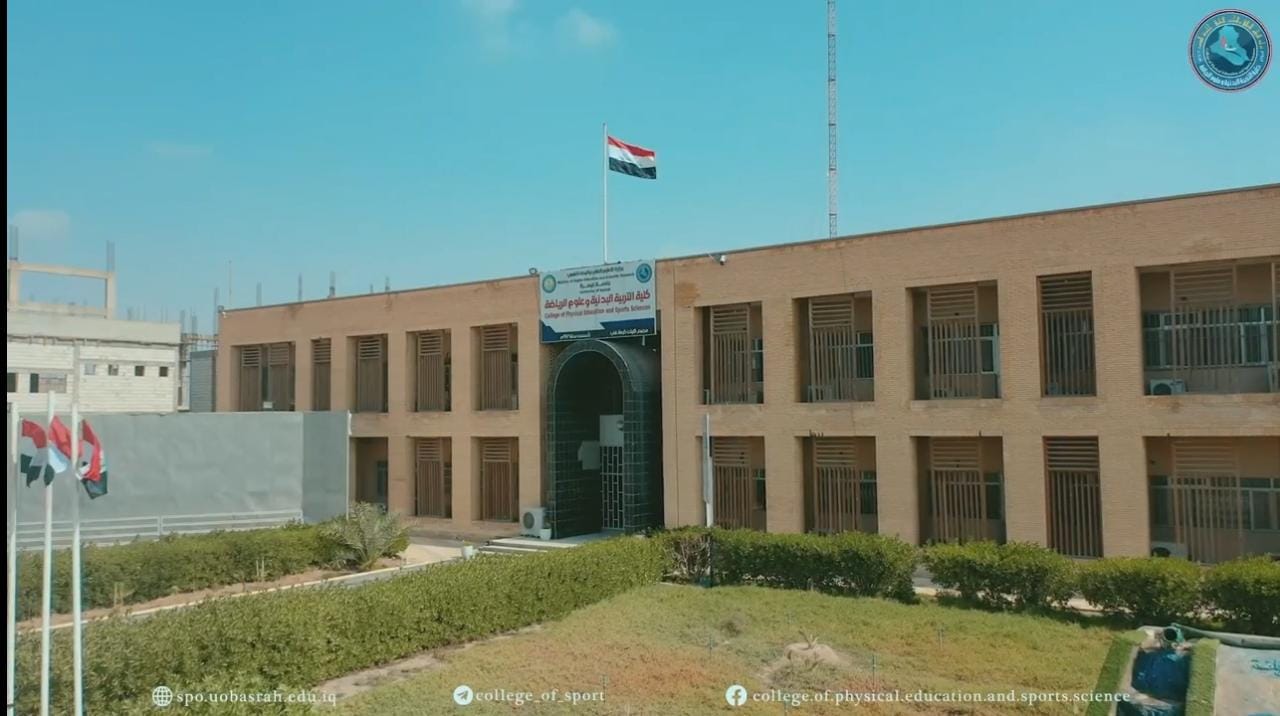
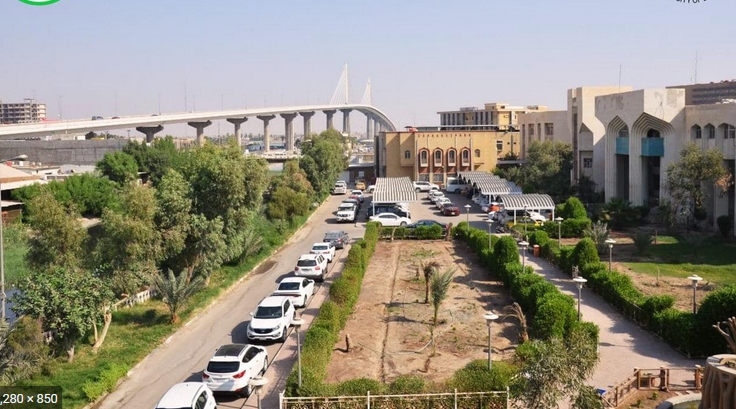
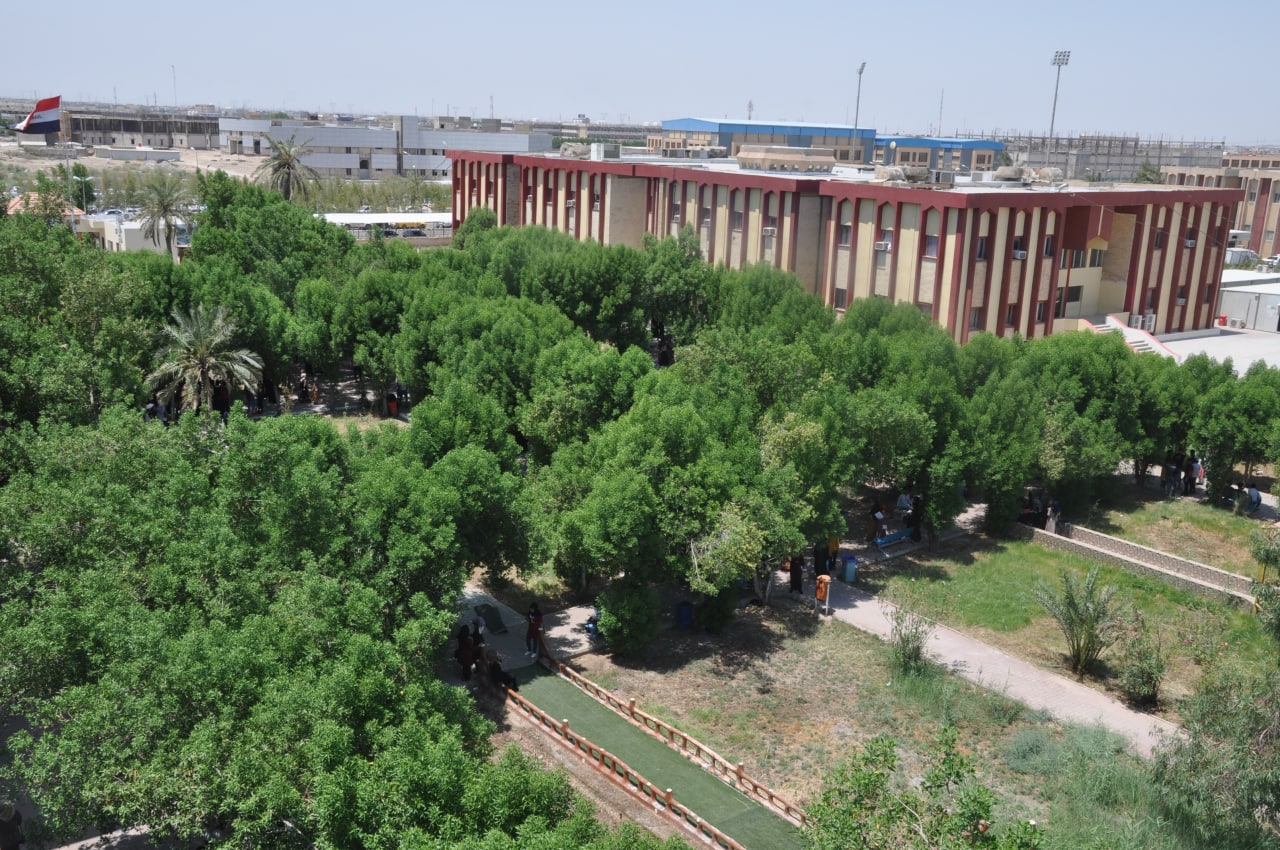
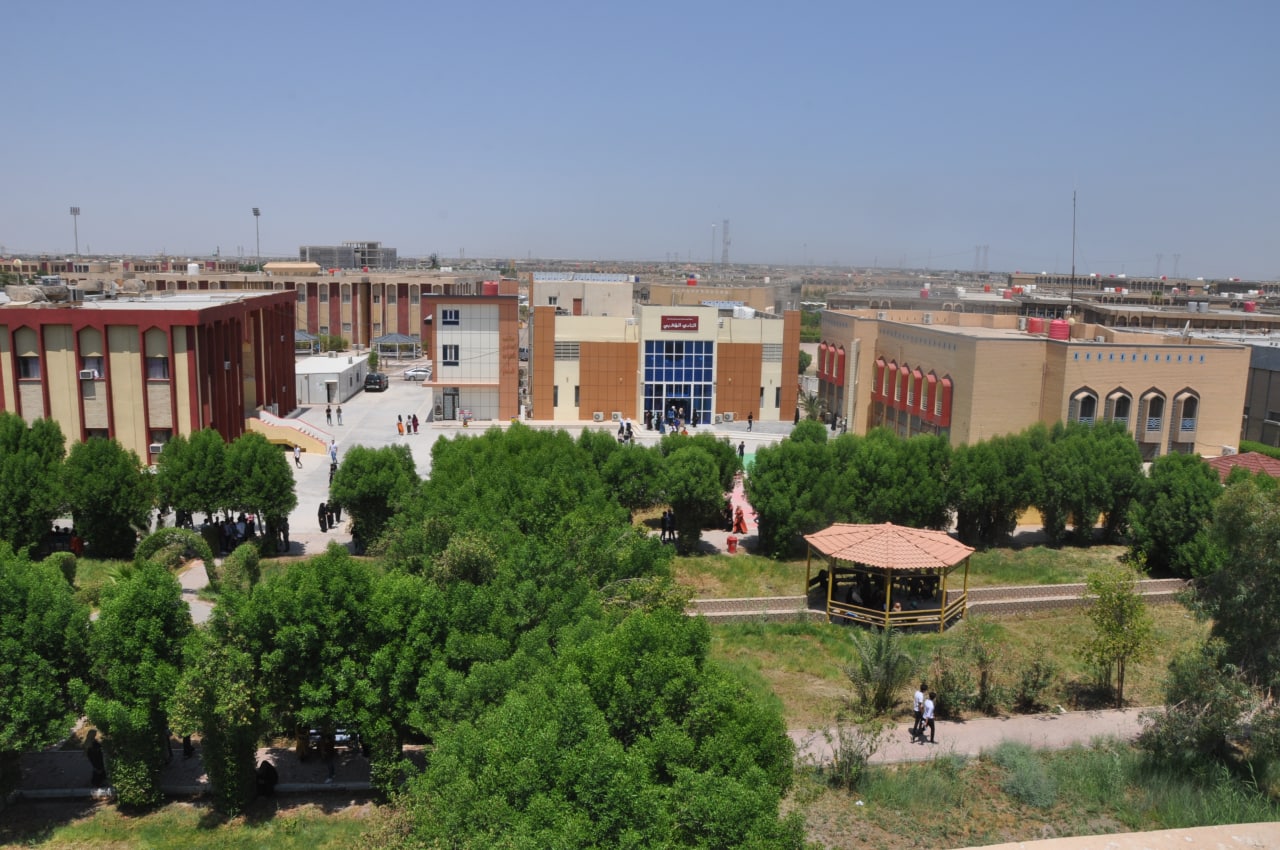
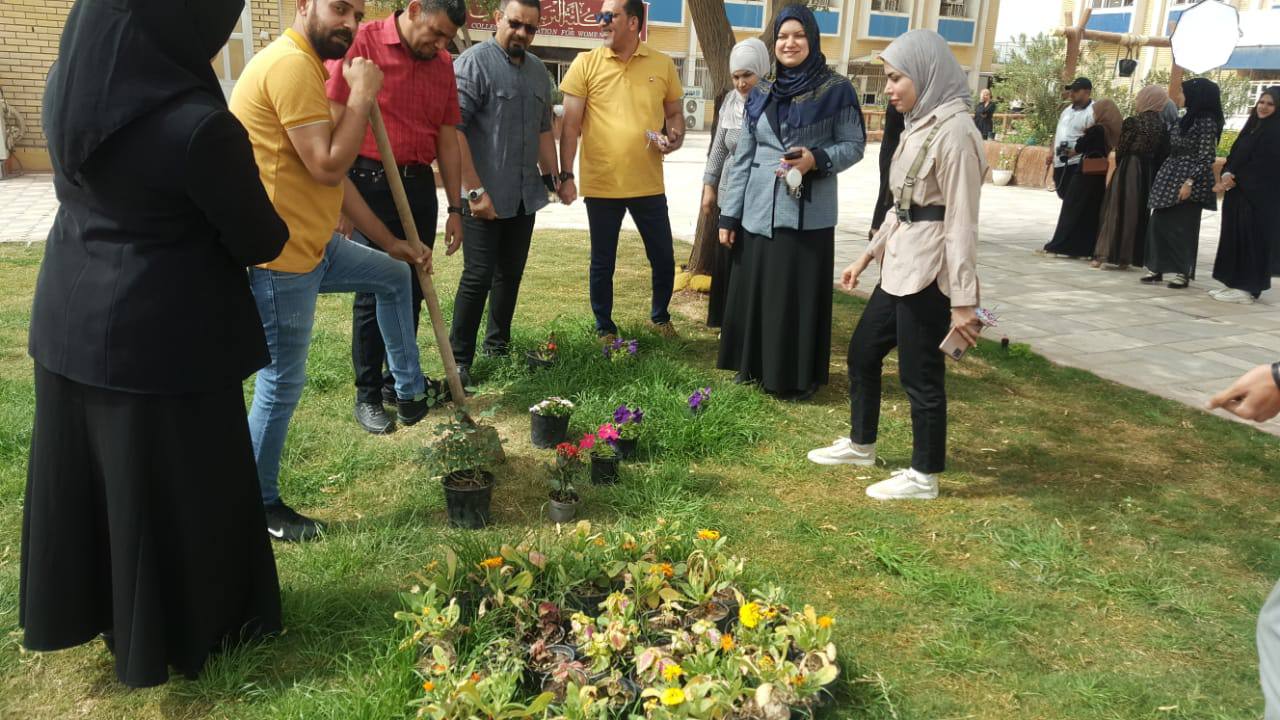
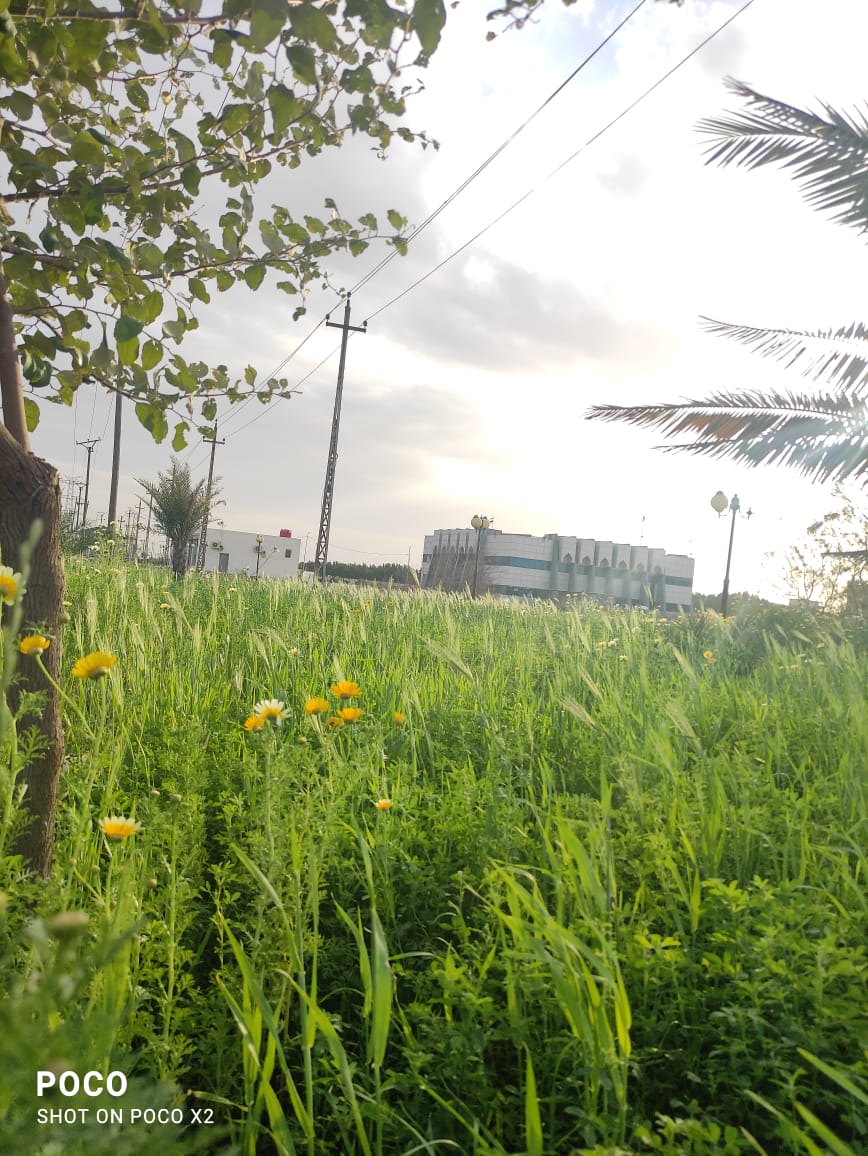

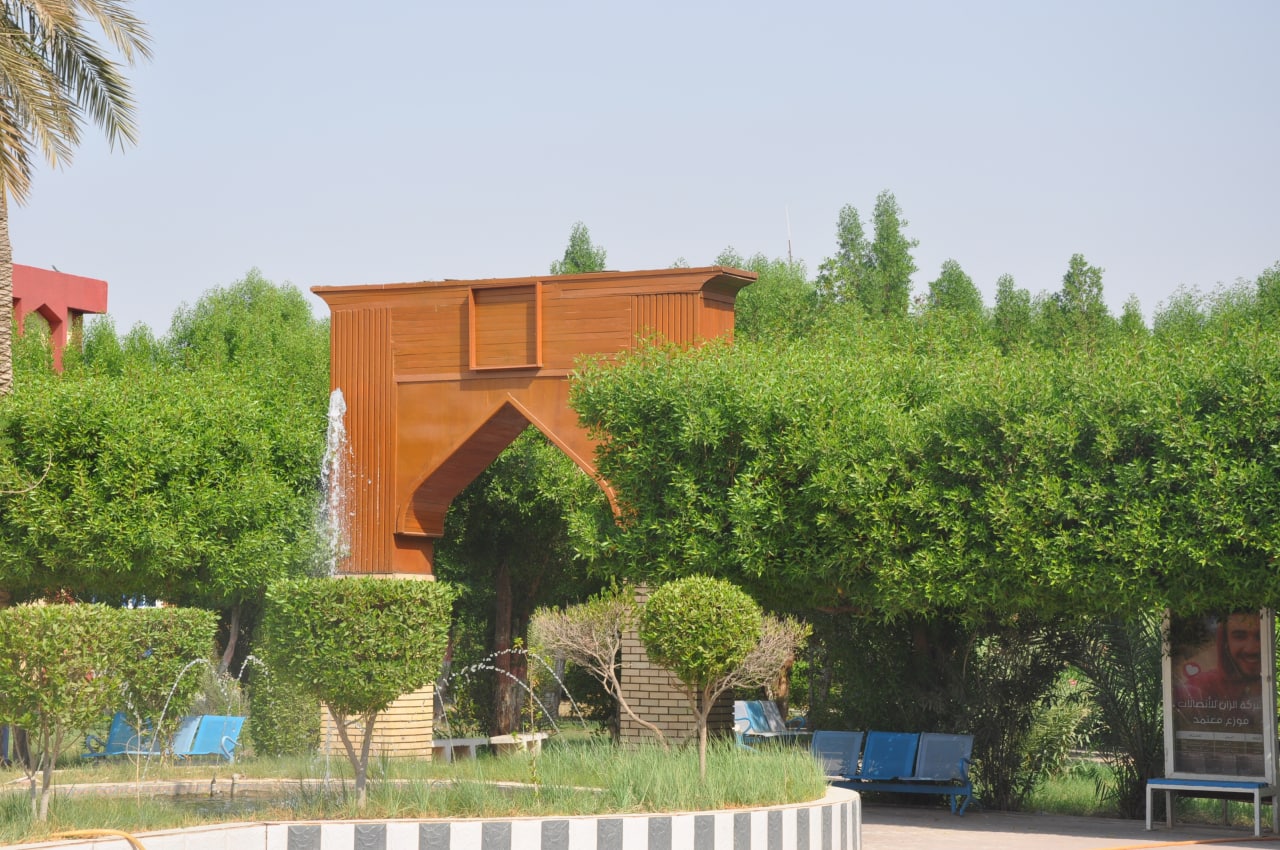
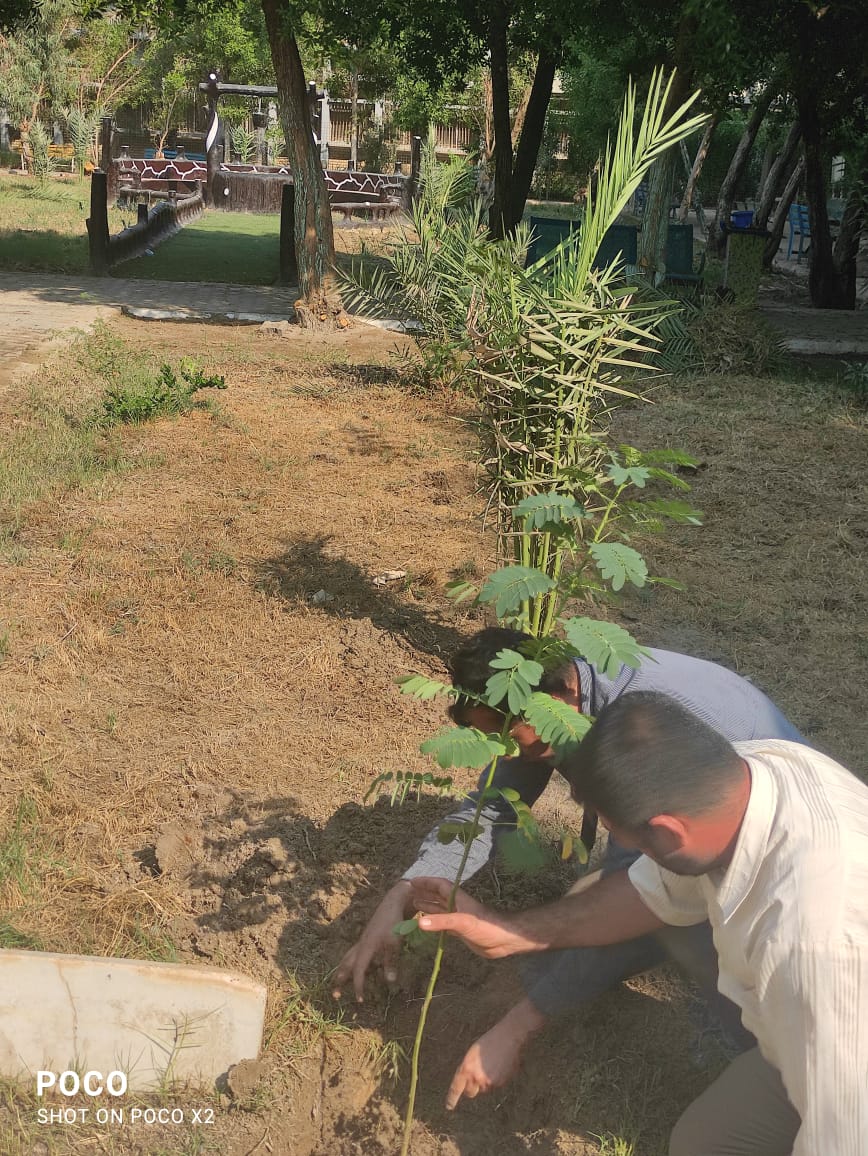
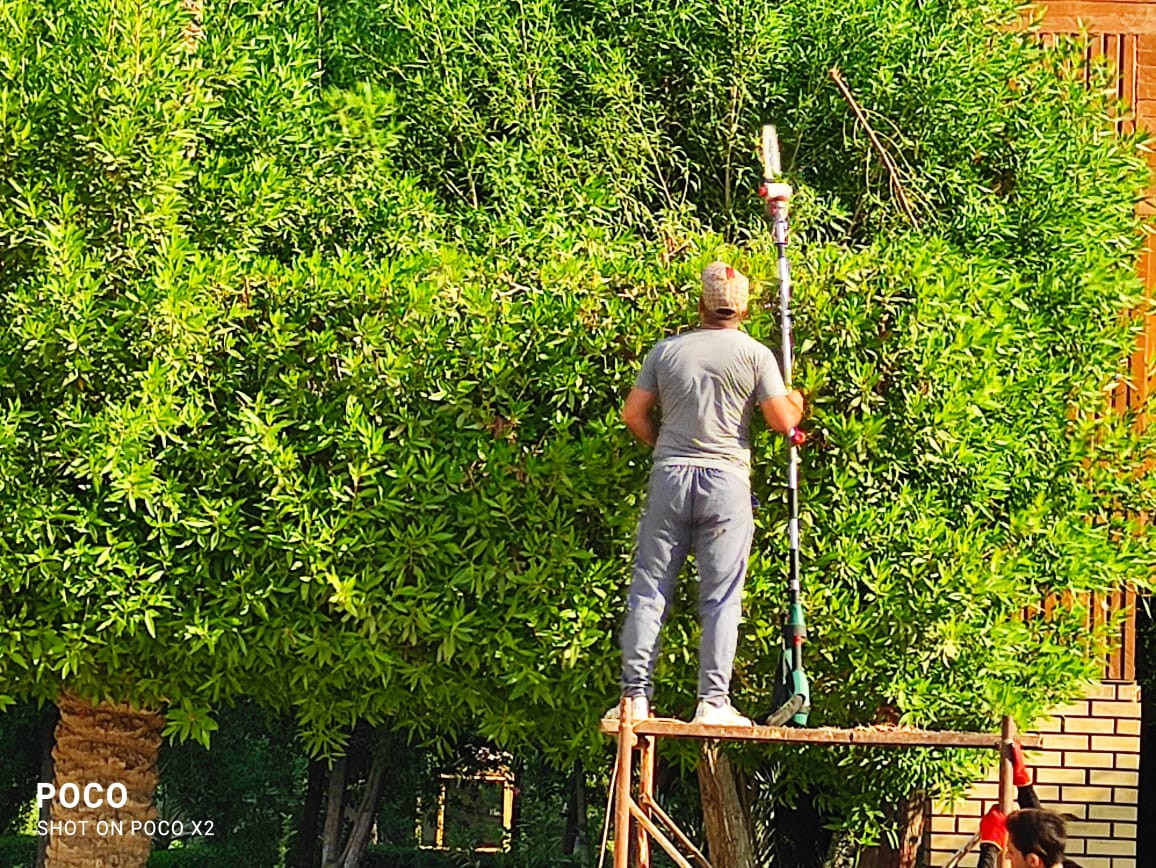
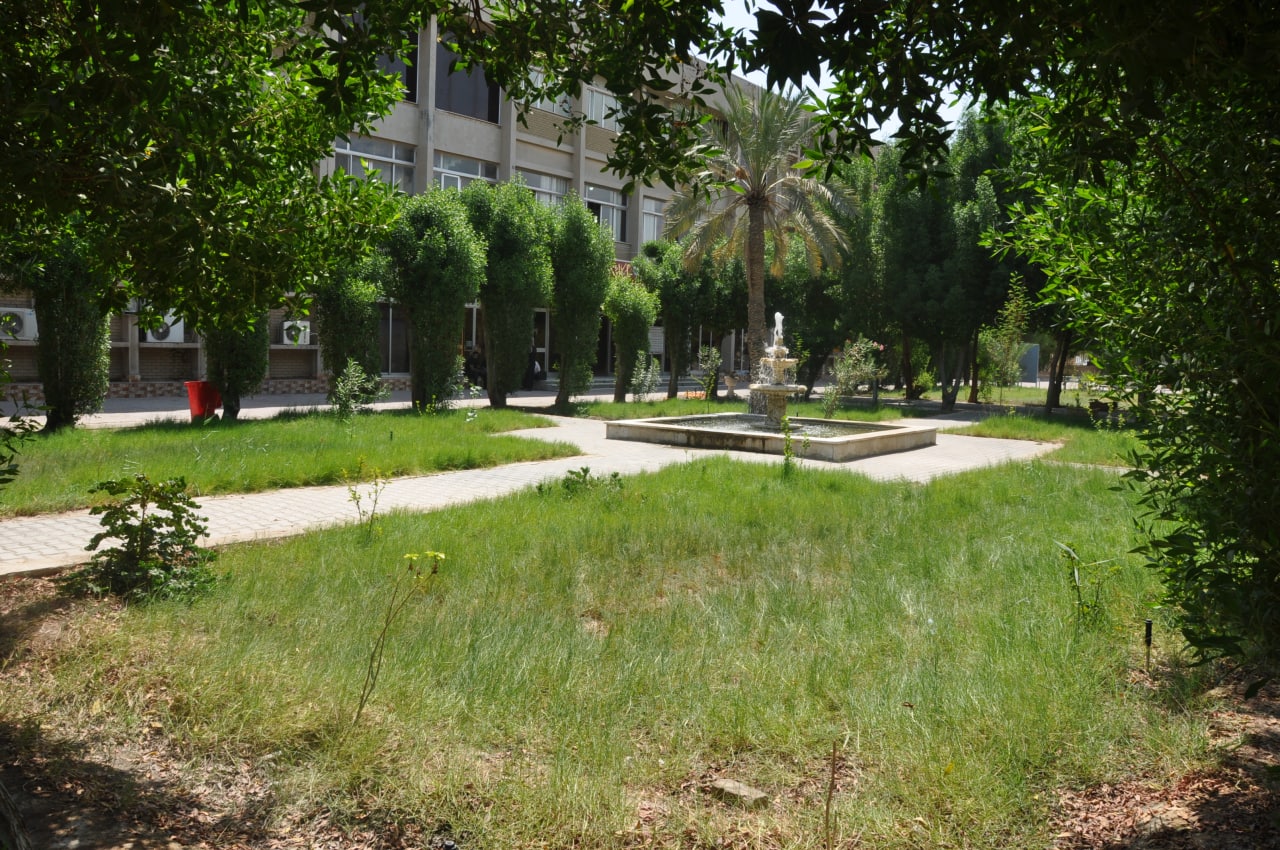
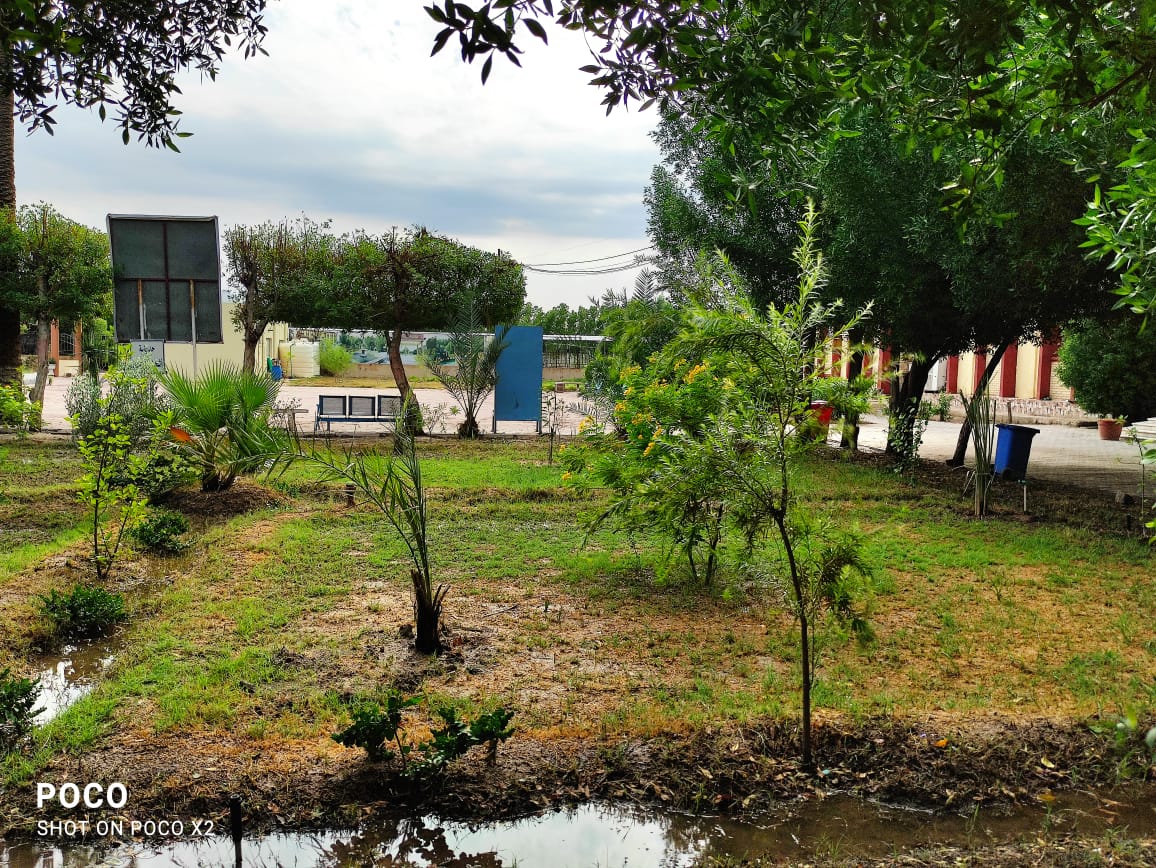
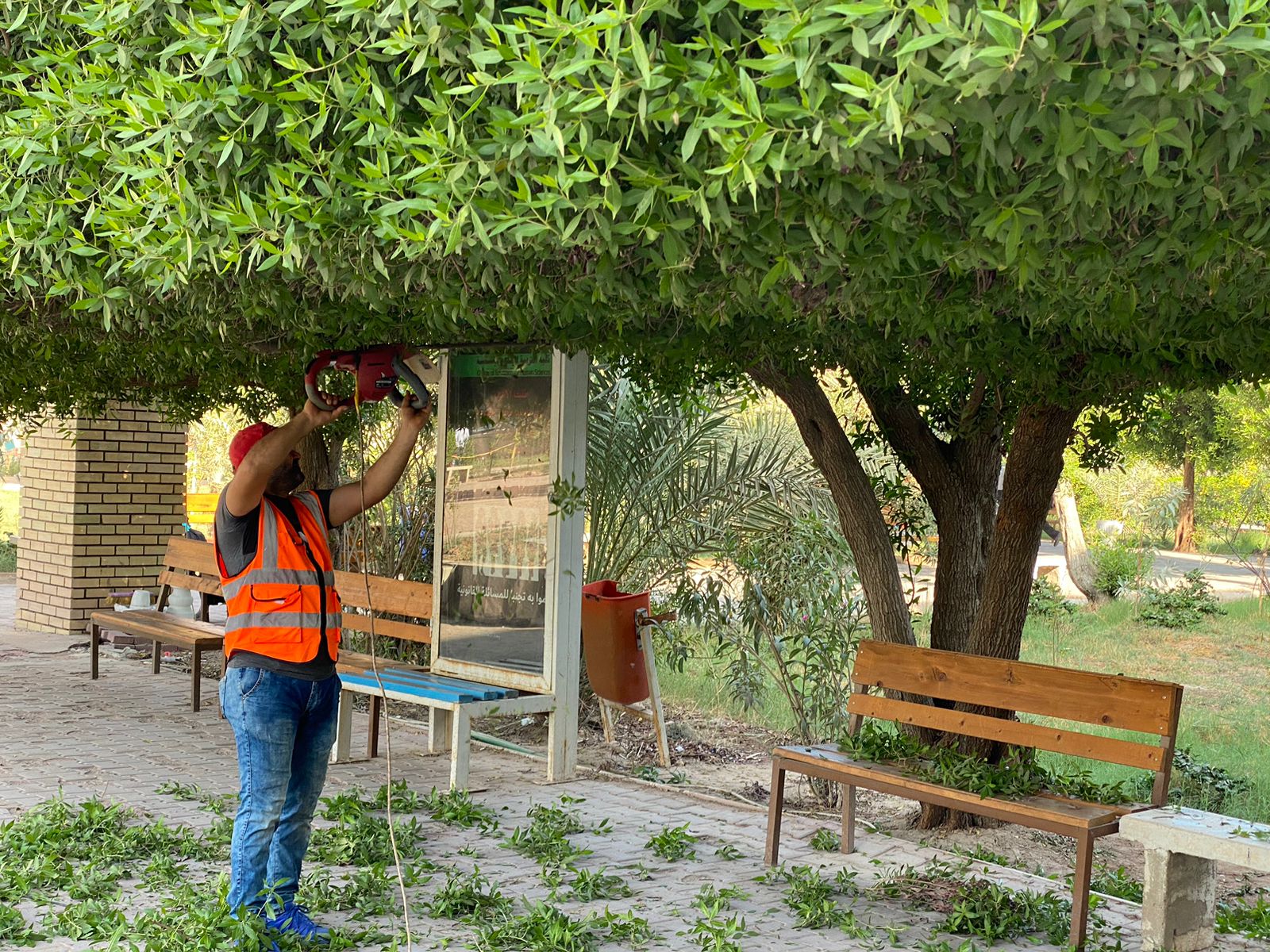
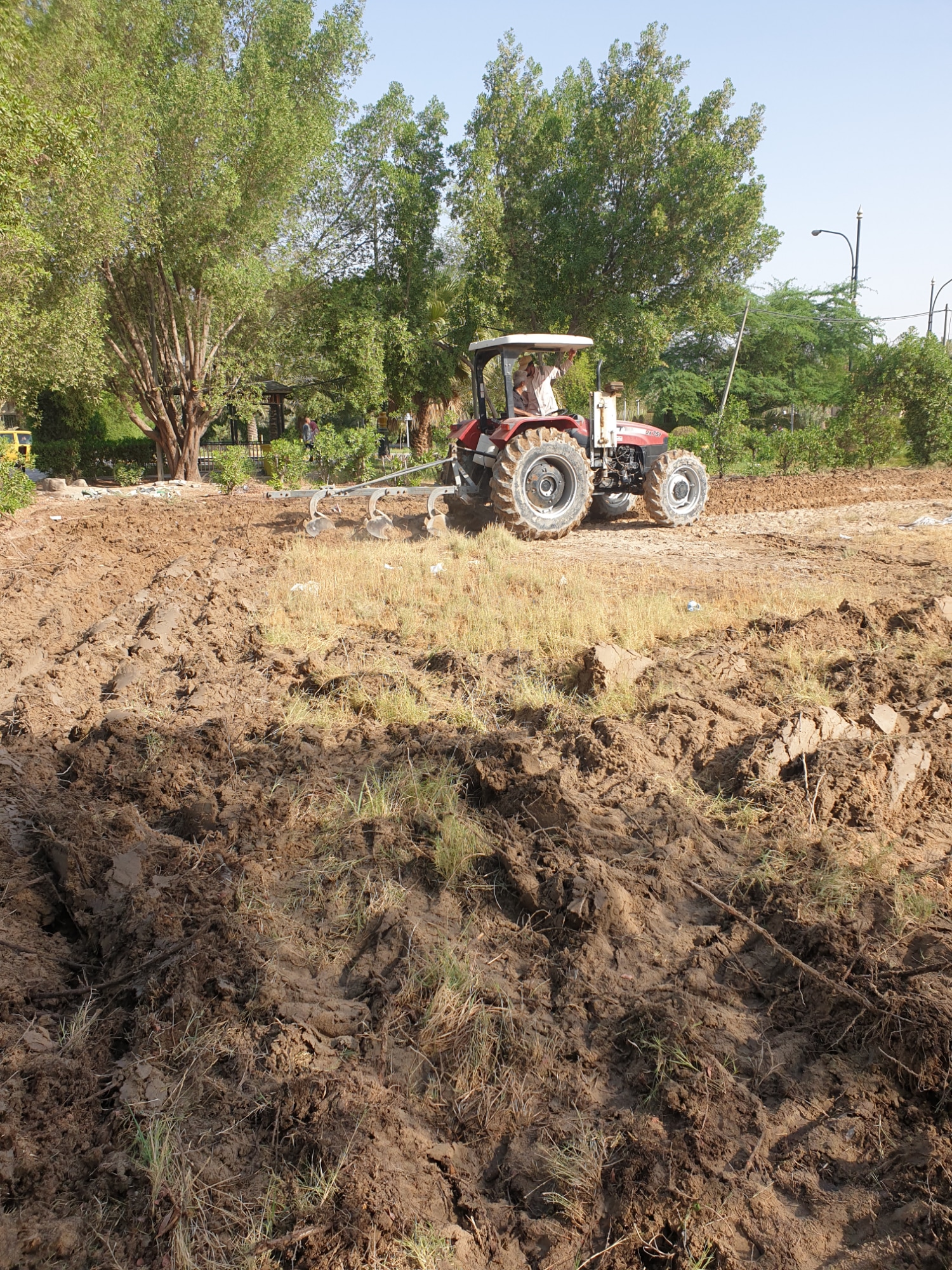
2. Conservation of Natural Resources.
The topographical feature of the Basrah province location is a fertile sedimentary area that is extended along the waterway of the Shatt al-Arab. The area is also characterized by environmental diversity due to the presence of water bodies that represent an extension of the marshes of Dhi Qar and Maysan in the north along with Shatt al-Arab which is the river at which the Tigris and Euphrates are joined together. Shatt al-Arab is also discharged into the Arabian Gulf which has a view of south Basrah. The Arabian Gulf gives the advantage to Basrah for dealing with marine life. Finally, the western part of Basrah has a desert atmosphere. As a result, this makes the university of Basrah has a diversity of scientific specializations in its colleges to cover this diversity in the climate, plants, and living beings. Those faculties are Agriculture College, the Marine Sciences Research Center, Marine Science College, Date Palm Research Center, Veterinary Medicine College, and Science College/ Biology and Ecology Departments.
Incubators and greenhouses
Cultivation of Fish
The University of Basrah has a project on larvae fish Cultivation in fish lakes belonging to the University.
Grafting
The University of Basrah has a project for Grafting trees and using cultivation methods that produce new strains of plants or preserve the species.
Animal husbandry
Animal husbandry for food utilization and laboratory purposes.
Contributions
Coral Reef Complex
Coral reef found off the shore of Iraq, despite sediment and pollution, widens the scope of the country's biodiversity. For more information.
Marine Sciences
In Iraq, Basrah is the only city that has a seaport to the Arabian Gulf. this made the university of Basrah interested in research about such an important field. Therefore, the University of Basrah owns the Marine Sciences Research Center and the College of Marine Sciences, which share the study of the aquatic nature of the Shatt Al-Arab and the Arabian Gulf. The University of Basra has two naval vessels that are used for the purpose of monitoring and studying the Iraqi rivers and waters from the Arabian Gulf, as well as specialized cadres and divers to enrich these studies.
Albaheth Boat
 Hareer station for Marsh Research
Hareer station for Marsh Research
It is the only station located in the Basrah marshes, which covers the eastern part of the Hammar Marshes (the Marshes of Al-Mashab and Al-Salal). It is equipped with all facilities to conduct scientific research and provides its services to researchers in Basrah Governorate.
3. Constructing smart buildings and using smart transfer techniques for papers and other stuff instead of using machines.
University of Basrah seeks to be one of the fourth-generation universities. In this regard, a part of the vision is to transform the buildings completely into smart management, and certainly, we aspire to reach this goal gradually. Currently, many procedures have been adopted at the University of Basrah under the guidance and follow-up of the presidency of the university, which is considered step toward smart building.
Automation
Building the internal intranet system at the university is one of the important steps in leading the process of internal digital transformation towards electronic governance, and many internal servers have been installed for use in the exchange of official documents between university formations.
Fire System
Many buildings in the University of Basrah are equipped with a smart fire system. In those systems, as the sensors indicate any change in temperature, they send an email and call to the responsible caders to draw their attention that there is an abnormal situation and in the event of any fire breaking out, the system will work automatically to extinguish the fire.
Moving Detection Sensor
Solar panels
The University of Basrah is charchterized by the diverse scientific and literary disciplines, including the College of Engineering which has to build an integrated and clean energy system that has been used to supply the college and its laboratories with clean energy.
Biodiesel
The University of Basrah also has clean energy production projects using biodiesel and that allowed the Ecology Department at the College of Science to produce electrical energy using bioethanol as an alternative biofuel to petroleum.
Smart Control of Natural resources
the University of Basrah adopts a policy of gradual transition to smart control of all natural resources. Some colleges adopt the use of autonomous faucets for rationalizing water consumption and at the same time reduce touching the faucets in laboratories and during the pandemic.
Air Purity
The COVID-19 pandemic has created a real need for the use of devices to preserve air purity in university buildings, so the corridors have been provided with air purifiers, and the university seeks to provide all buildings with devices that operate automatically for air purification.
Lighting Sensors
the University of Basrah follows a policy of upgrading all lighting in the university to smart lighting, to rationalize electricity consumption by using light and motion sensors to regulate the lights turning on and off, which is considered one of the most effective ways, as most the campus buildings contain large and wide windows, which make lighting unnecessary during the day, so the lights are turned on in the evening with the start of the evening study. In unused rooms, the lights are turned off or on by sensing movement.
Electricity Consumption
The University of Basrah follows a policy of upgrading all lighting in the university to smart lighting, to rationalize electricity consumption by the gradual transition to using sun sensors (lighting sensors) and solar cells for the purpose of switching to using them in lighting streets and corridors at the university in the evening, as this is important to rationalize electricity consumption.
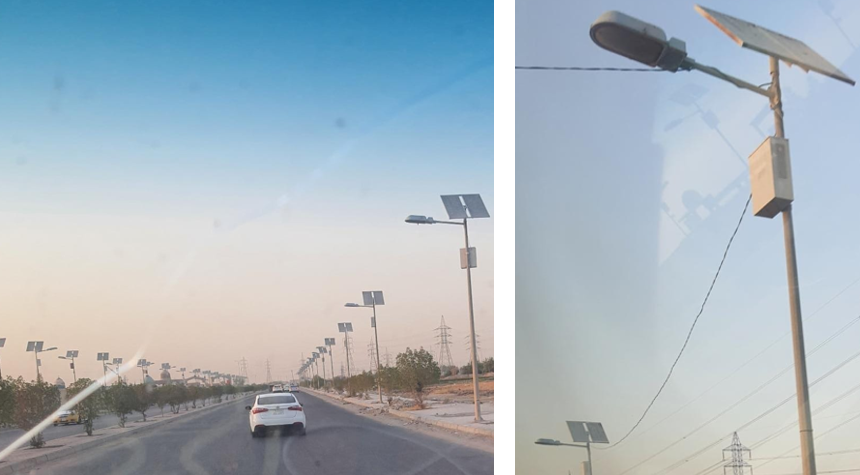
symposium
Holding a symposium entitled (Smart Basrah)
4. Recycling the waste at the university of Basrah
The University of Basrah keeps pace with the global trend towards the insurance of sustainable living, thus the University of Basrah continuously develops its projects for sustainable living. Since one of the most important principles for sustainable living is to deal with waste and exploit it by recycling process with maximum potential. Therefore, the University of Basrah had attached particular importance to developing programs that ensure the recycling and utilization of university waste.
Waste Classification
Classification of university waste is the most important step in the program because the method of dealing with waste varies and changes according to the type of waste.
Waste
The most waste types that can be recycled in the university are paper, plastics, metal, Aluminum, glass, organic material, etc.
Non-recyclable waste
The local government in Basrah eliminates the non-recyclable waste from all campus buildings at the University of Basrah.
Wastes Recycling
The University of Basrah has waste treatment units for processing and recycling all types of waste and thus, using it, for example, in the paper industry and other purposes.
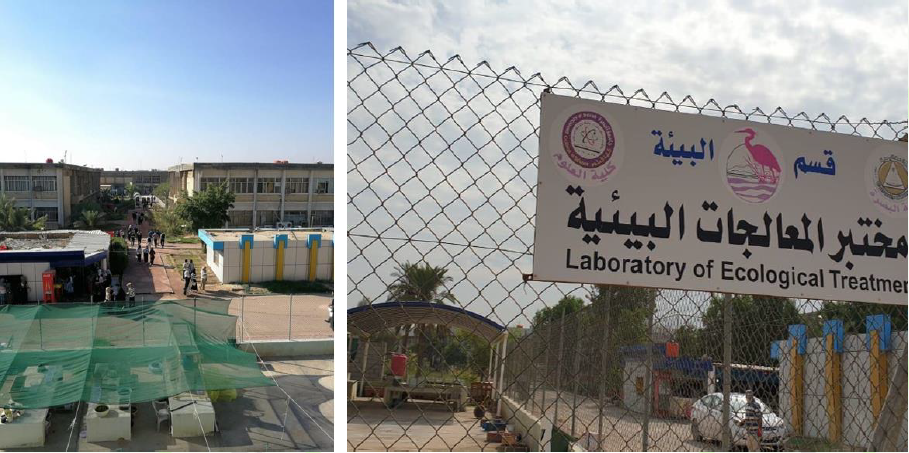
Laboratory of Ecological Treatment
The Environmental Treatments Lab was established to provide the opportunity for graduate and undergraduate students to work in treating various organic environmental pollutants and heavy metals. The laboratory's idea concentrated on the use of Eco-friendly methods to get rid of organic pollutants, such as removing crude oil, its derivatives, and heavy metals from water and soils by using aquatic plant species such as reed cattail and coontail, also terrestrial plants such as barley.
Several masters students conducted their projects in the laboratory that included:
1- Phytoremediation of soils contaminated with petroleum hydrocarbons by using three types of plants.
2- The role, physiological and anatomical changes of some aquatic plants exposed to oil pollution.
3- Using cattail plants to reduce water pollution with kerosene.
4- Treatment of the industrial wastewater of the Najibiya power station using some plants.
In the laboratory, undergraduate students are trained in recycling activities to convert various wastes into materials that can be used instead of turning them to accumulated wastes affecting the environment. The Ecology department-approved held an annual exhibition of recycling activities and a competition among students for the best idea that could be applied.
Reused Papers and plastic in Art.
University has a program to reuse papers for art designs.
UOB Policy On Around-Use Minimization Of Disposable Items
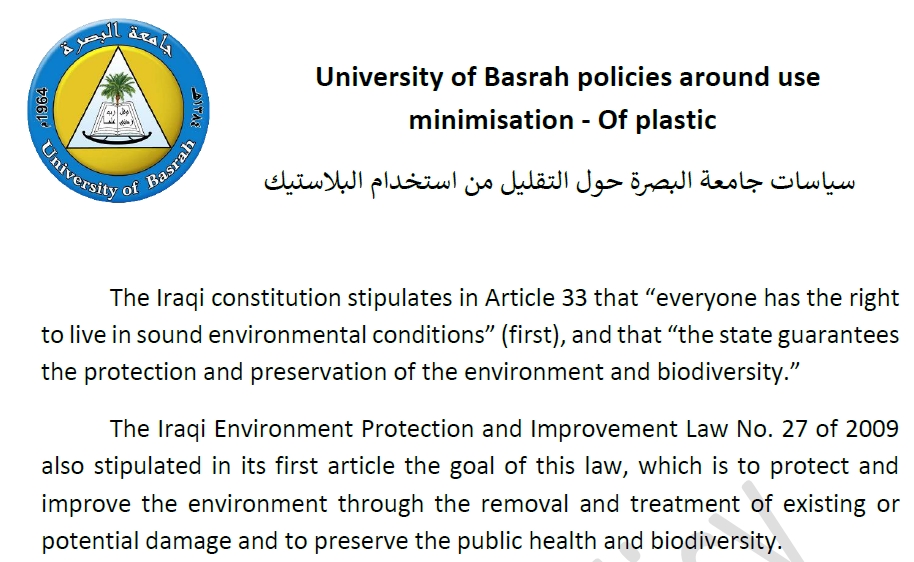
5. Toxic Waste Treatment.
All laboratories in the University of Basrah are subject to surveillance of the usage of toxic substances, whether it was chemical, biological, radiological, or nuclear substances. The university has strict procedures for dealing with toxic waste. As all toxic substances are registered with the Chemical, Bacterial, Radiological and Nuclear Consequences Management Department (CBRN) in the Civil Defense Directorate, and they are dealt with as follows.
-These materials are stored, according to type, in special rooms and laboratories equipped to deal with such materials.
-Getting rid of these materials with strict approvals, and the CBRN committee in the college is informed about the changes in the quantity of those materials.
-Laboratories that deal with radioactive materials are periodically subjected to strict monitoring of the level of radiation is monitored, and workers in such laboratories are examined.
-The CBRN sub-committee in each college cooperates with the CBRNE department in the Civil Defense Directorate in the governorate to deal with toxic waste.
The 5th Virtual International Safety and Security Conference .
.
About The Process Practice on Waste Disposal - Covering Hazardous Material
Laboratory Waste
As for the toxic waste resulting from the educational and laboratory process in medical group colleges, the process of getting rid of all kinds of germs is also done by killing with autoclaves, while the rest of the materials are disposed of in an incinerator.
6. Sewage Disposal
Basrah governorate is undergone a sewage network, thereby all sewage water is purified by removing the suspended solids and converted to effluent before being discharged back to the environment outside the governorate. Since the University of Basrah is an educational institution that is concerned with scientific research and maintaining a sustainable living, the University of Basrah has paid attention to sewage disposal, especially since the governorate faces a serious problem on such matters due to the high salinity in the Shatt al-Arab and the water pollution.
To rise innovation and creativity, the university has launched a wastewater recycling project that has been designed and manufactured by its own cadres
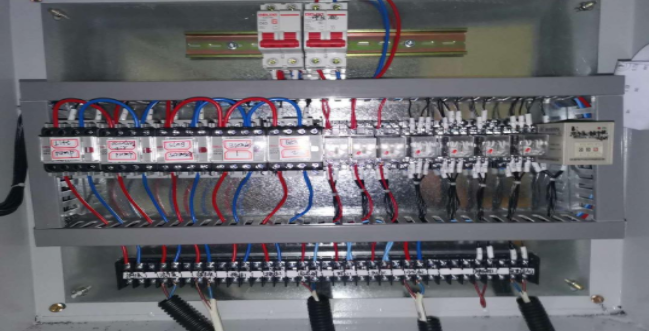
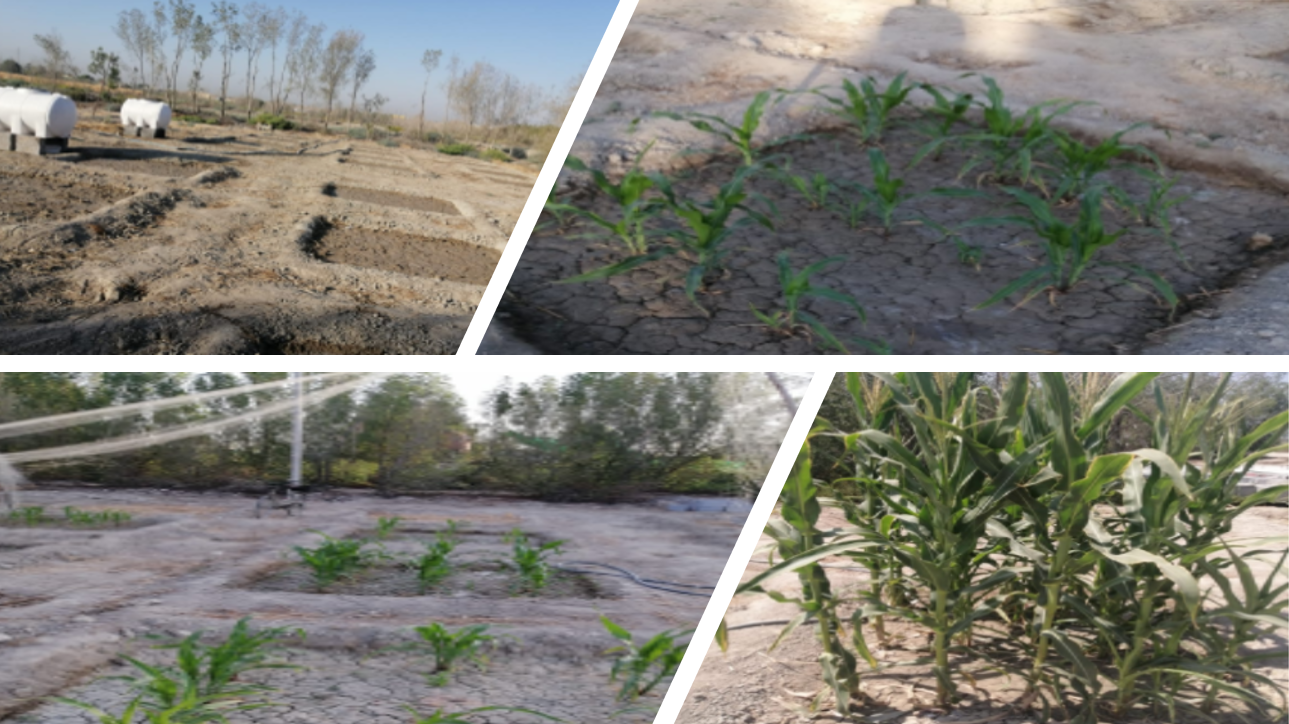
The Usage of Recycled Water
The treated water is then utilized to water the green spaces on each campus
Non-Recycled Water
The wastewater that is resulted from laboratories and clinics is treated before being discharged into the sewage network near the university campus.
7. Zero-emission vehicles or reduce emissions through the use of public transport and bicycles.
The University of Basrah has a special policy to reduce vehicle emissions through the usage of Eco-friendly vehicles.
ZEV
The University of Basrah concluded an agreement with companies that produce electric-powered vehicles in order to provide the university with those vehicles in order to reduce the emissions inside the university campus.
ZEV
This image shows the specifications of the Eco-friendly cars that the University of Basra would own soon.
Bicycles
For emissions reduction, in addition to reducing the number of parking lots, the University of Basra has provided a number of bicycles for students to move around the campus
On-campus transportation service
To reduce the use of private cars, the transportation division at UOB manages the transport of students and employees from a place designated for parking to their colleges and transports students from the dorms to their colleges located inside the university site and vice versa.
8. Reducing the parking areas.
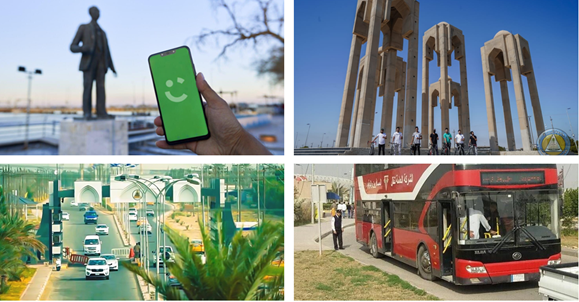
The University of Basrah campus is subject to a consistent policy regarding the entry of vehicles into the university campus, and we can summarize it as follows:
1. Vehicles are not allowed to enter the university campus without a permit from the Permits Department at the University Presidency. As all the vehicles of the university's employees, including teaching staff, administrators and technicians, are subject to scrutiny to enter the campus.
2. Only employees are allowed to use the on-campus parking areas, and the student parking area is outside the colleges of the university campus.
3. Students are allowed to use the parking areas allocated to them in return for fees collected by the university from the renting individual. This is one of the steps taken at the University of Basrah to maximize resources and at the same time to encourage students to use public or private mass transportation.
4. Students are allowed to use the parking areas allocated to them in return for fees collected by the university from the renting individual. This is one of the steps taken at the University of Basrah to maximize resources and at the same time to encourage students to use public or private mass transportation.
5. The university provides a parking area for bicycles near the university dorms to provide transportation within the university campus, and this is one of the important steps to reduce emissions at the university.
6. The availability of a taxi application in Basrah Governorate, such as the Careem application, enabled many students and employees to get a taxi quickly and smoothly, which reduced the use of private cars on the university campus .
See More about Scopes of Carbon Neutral at the Following Links
conservation-of-natural-resources

